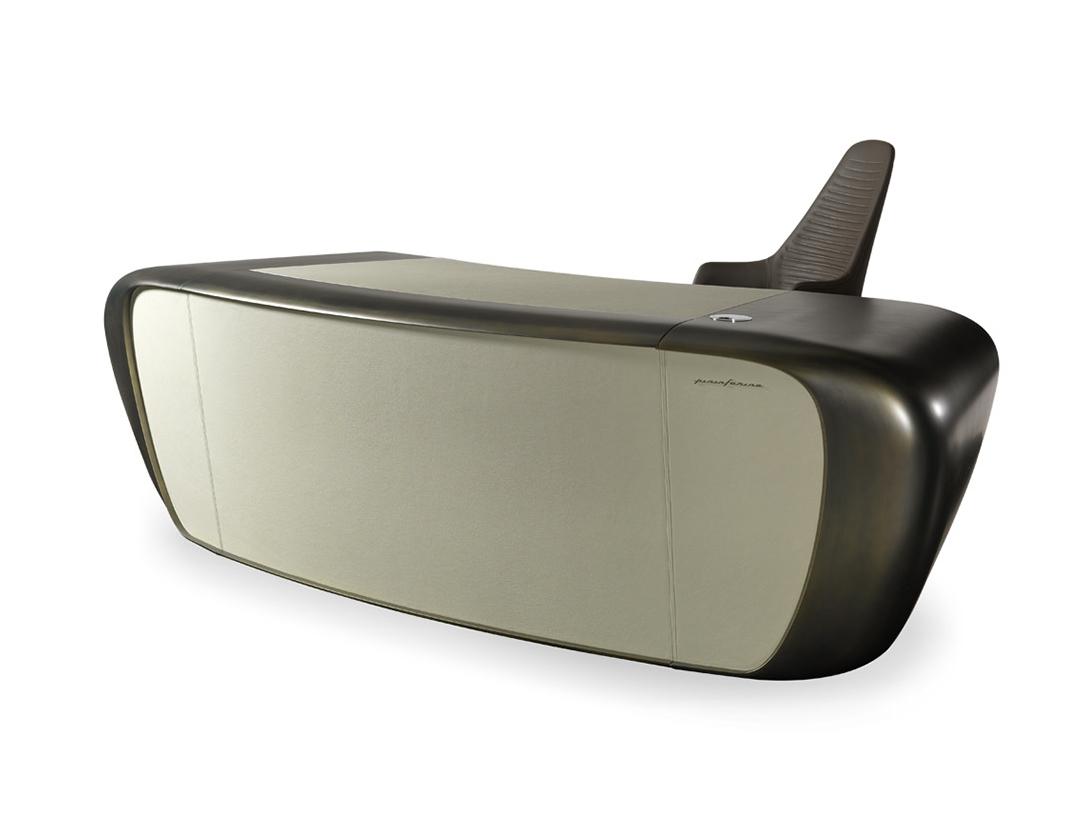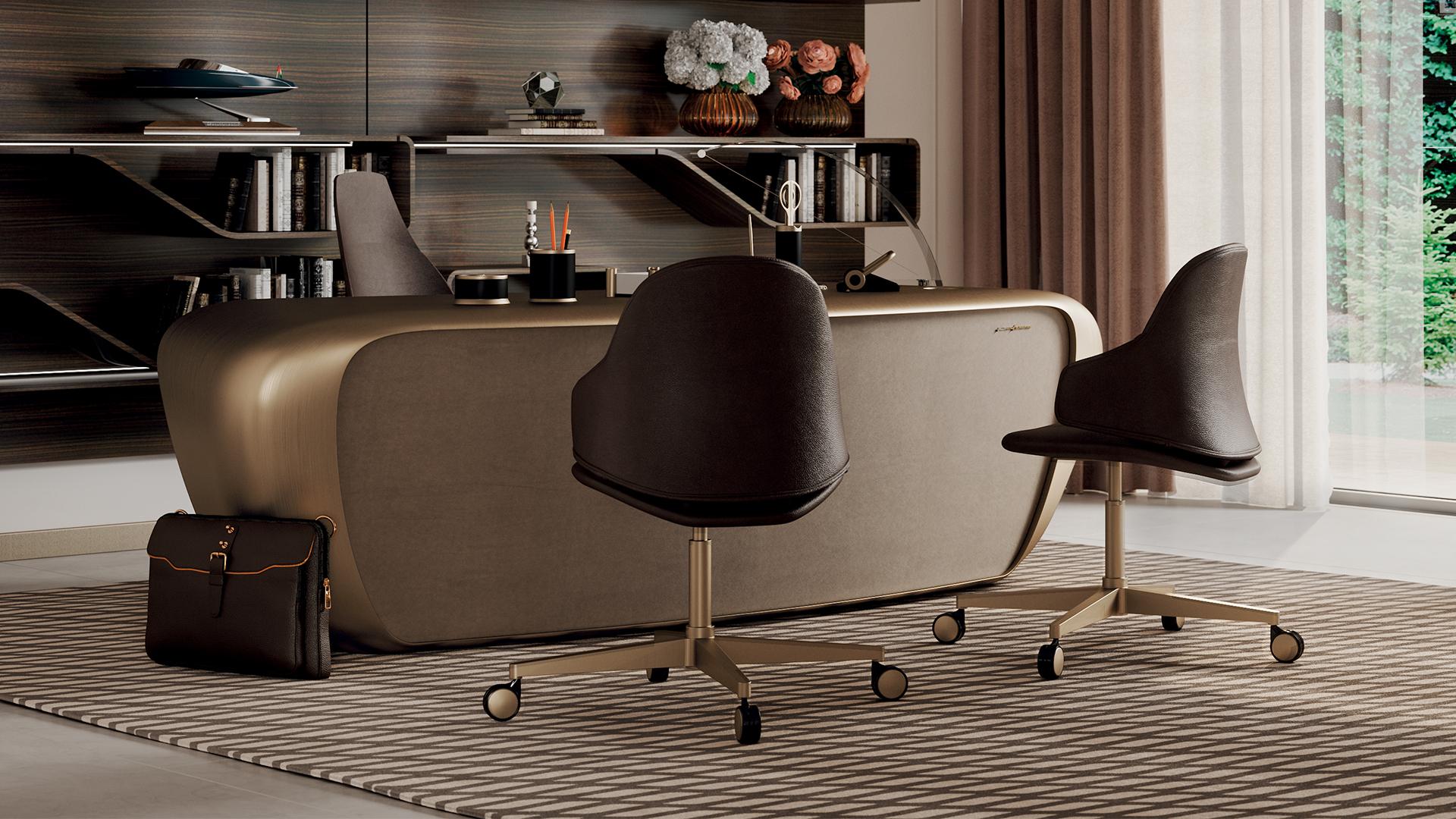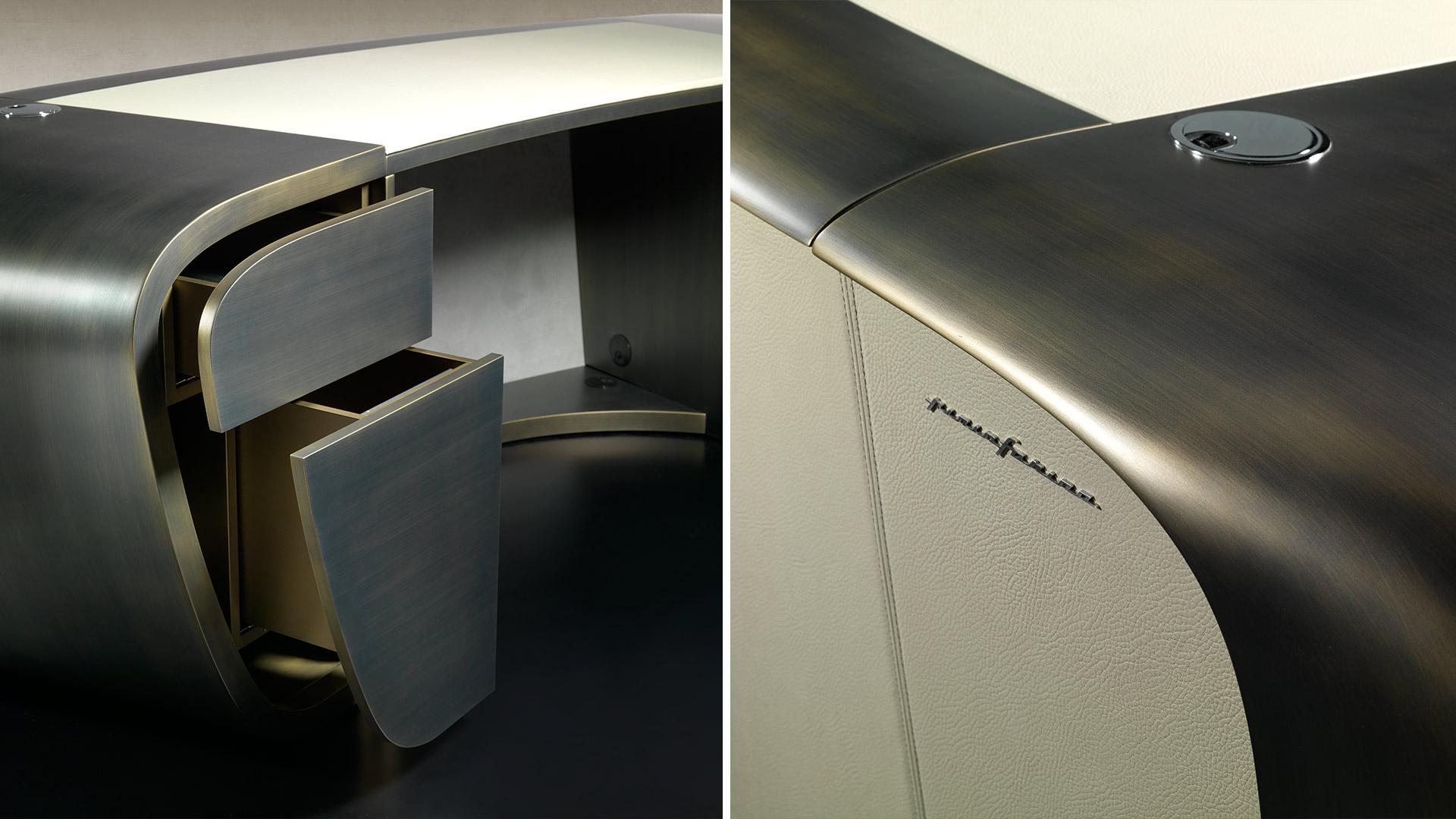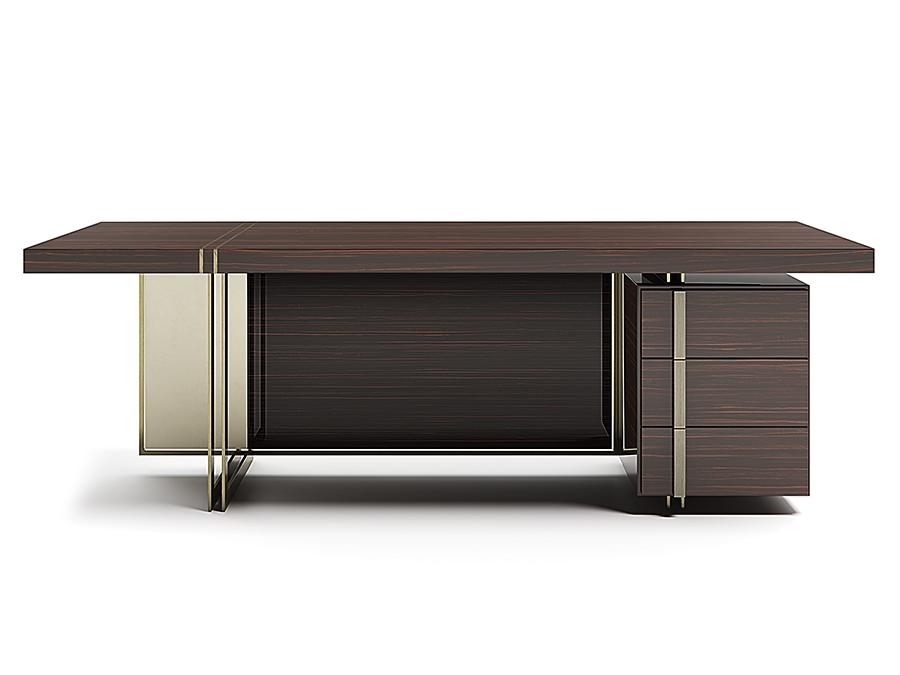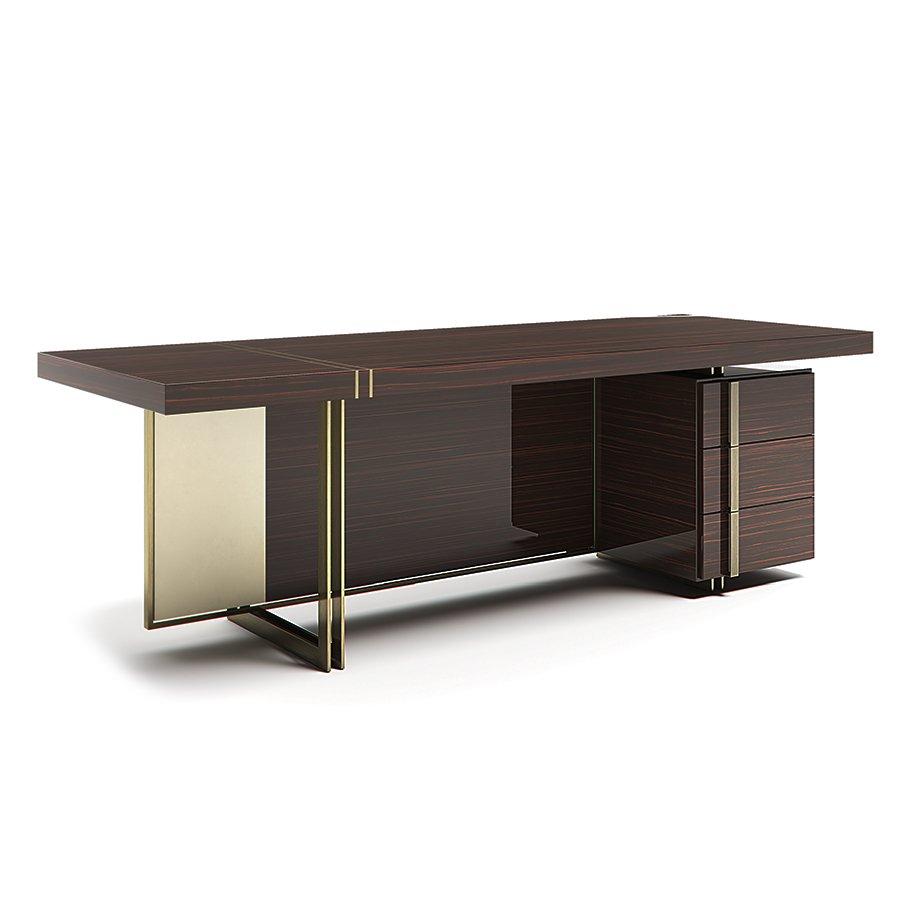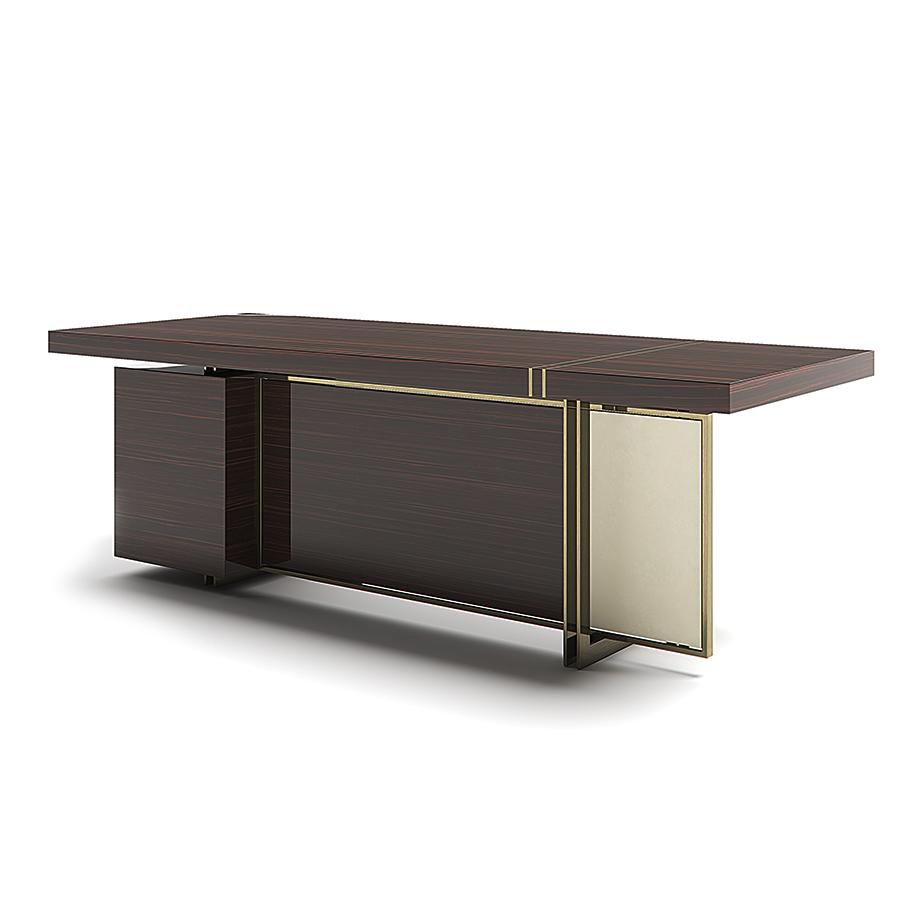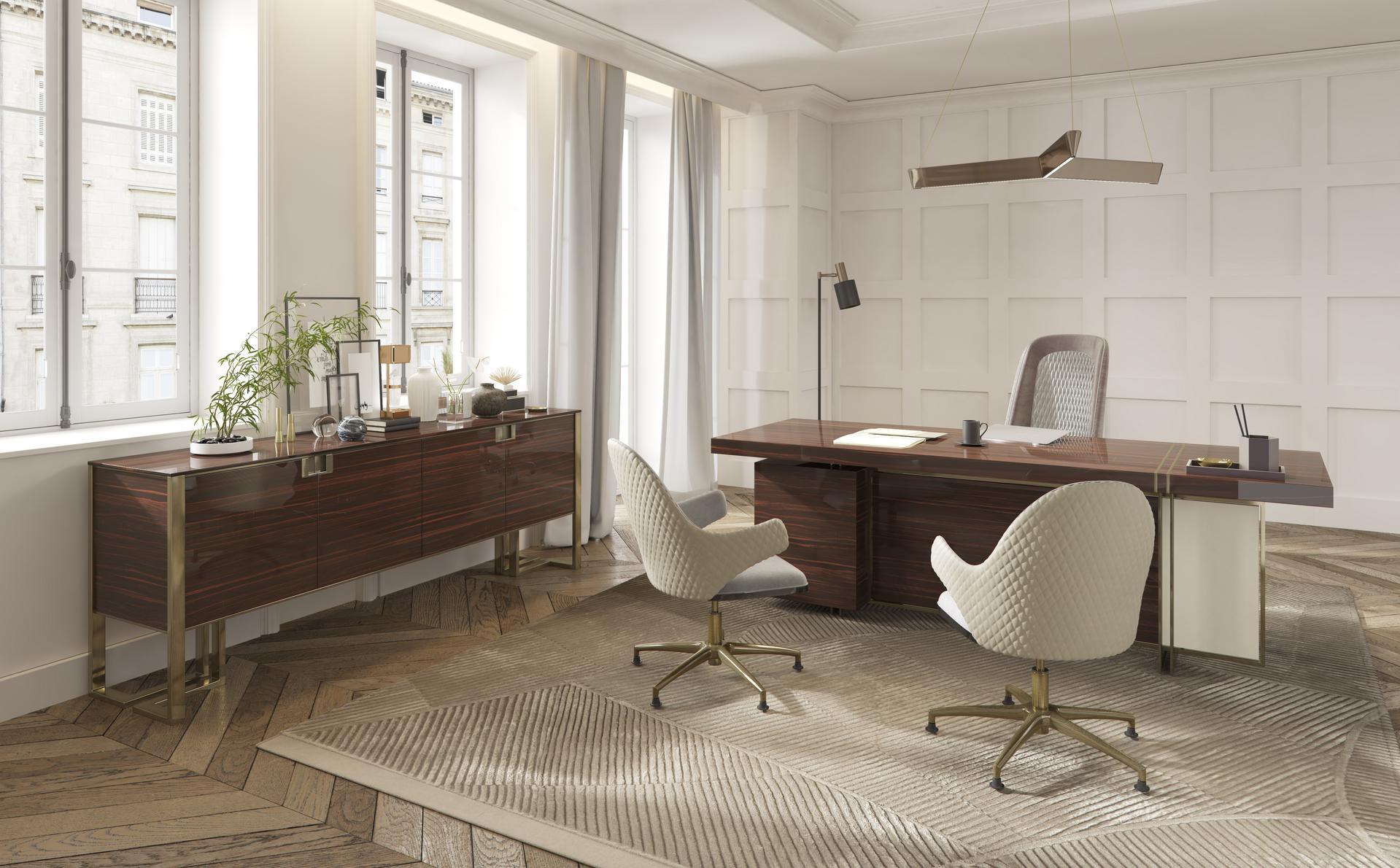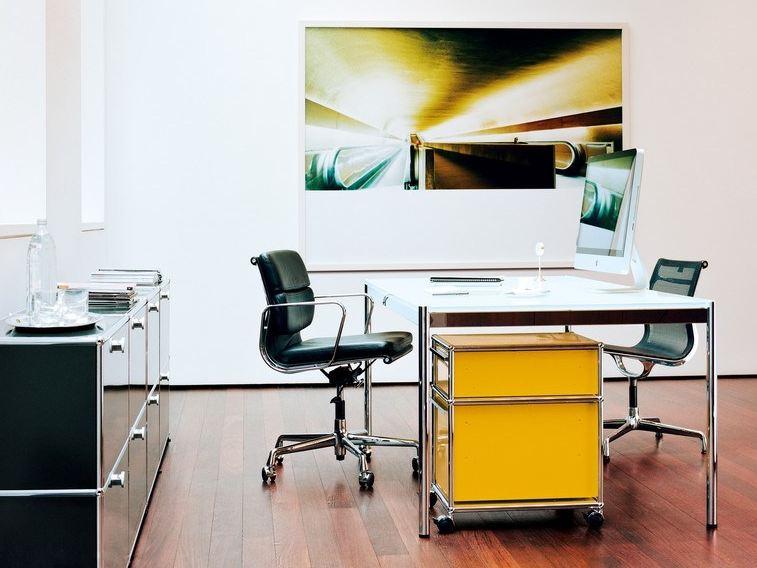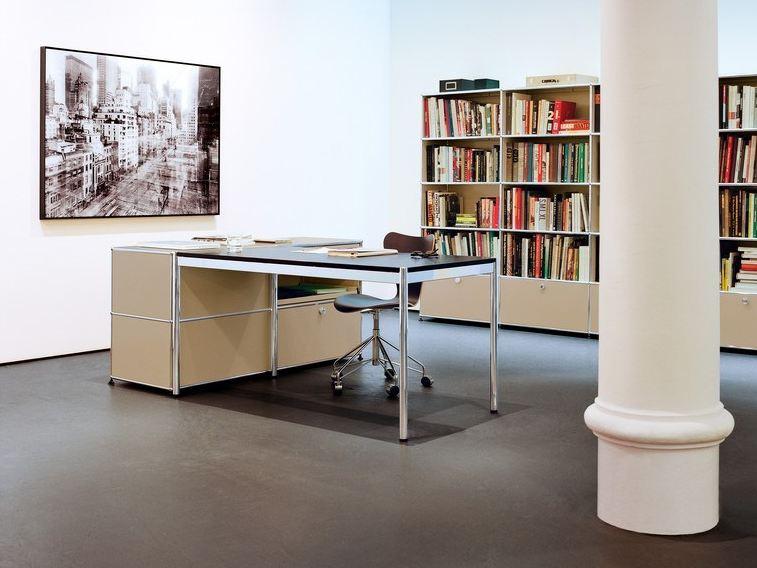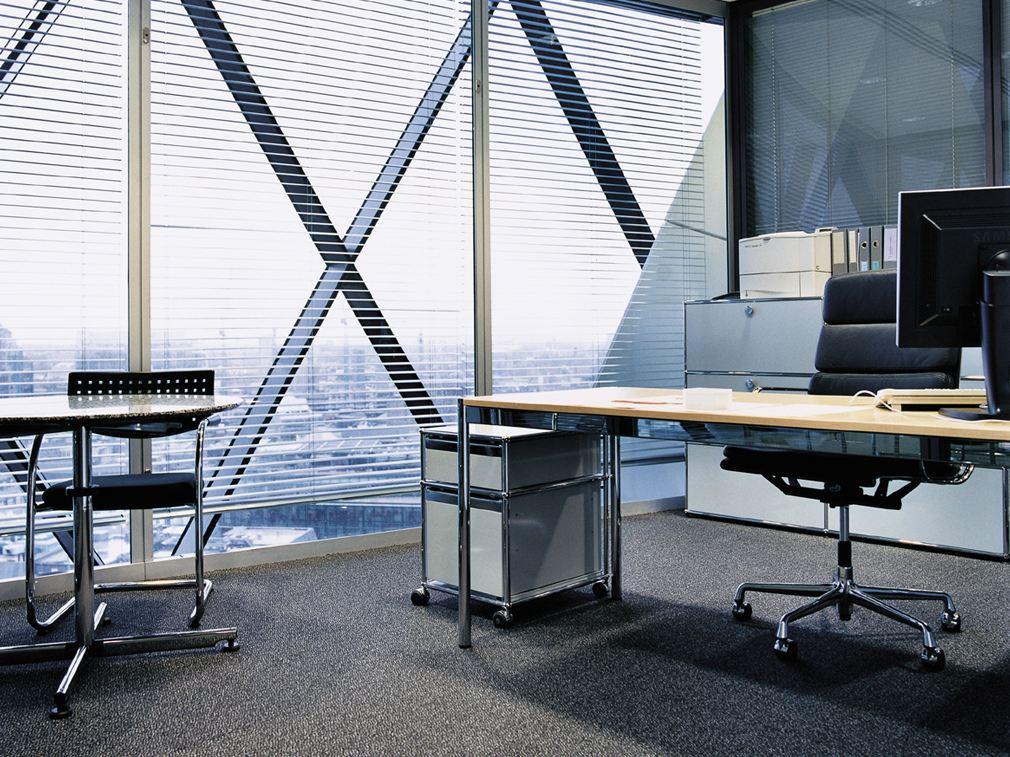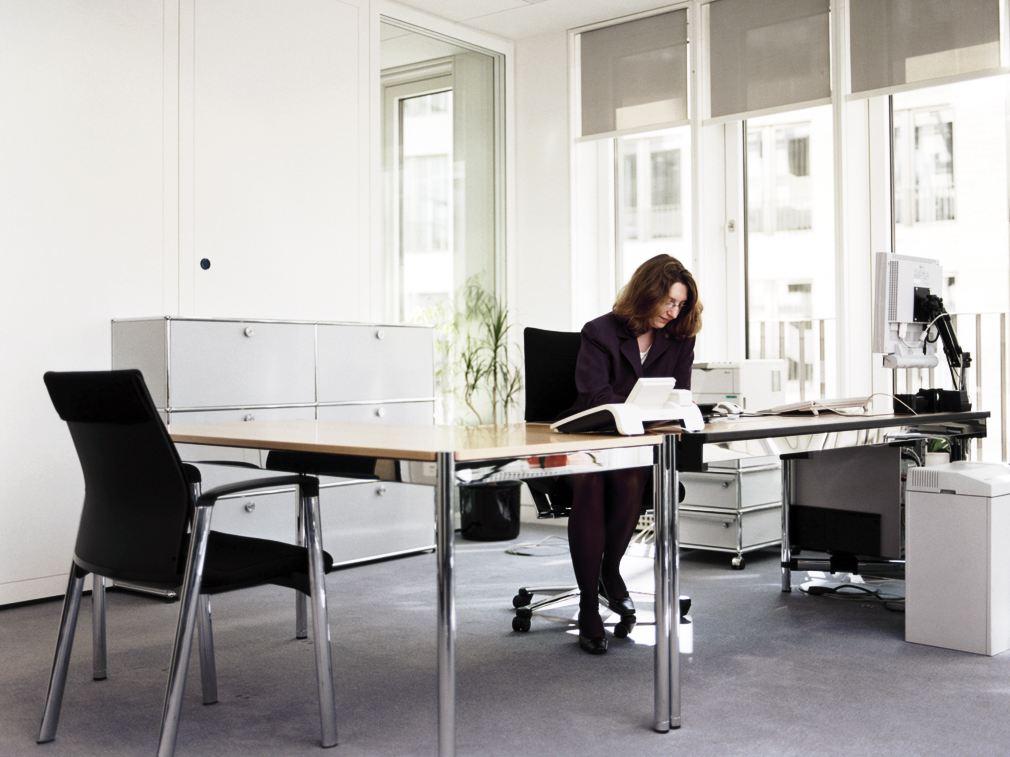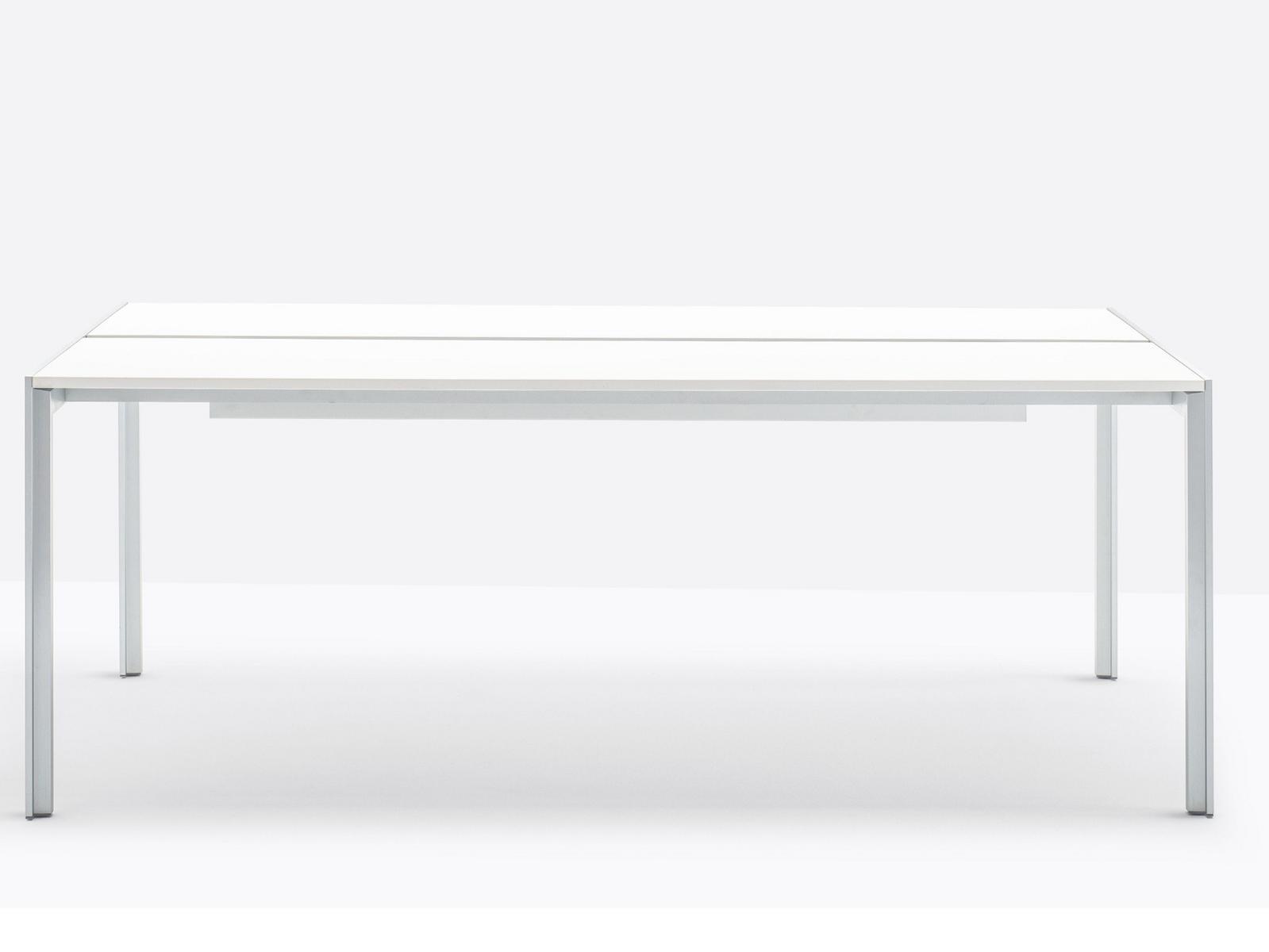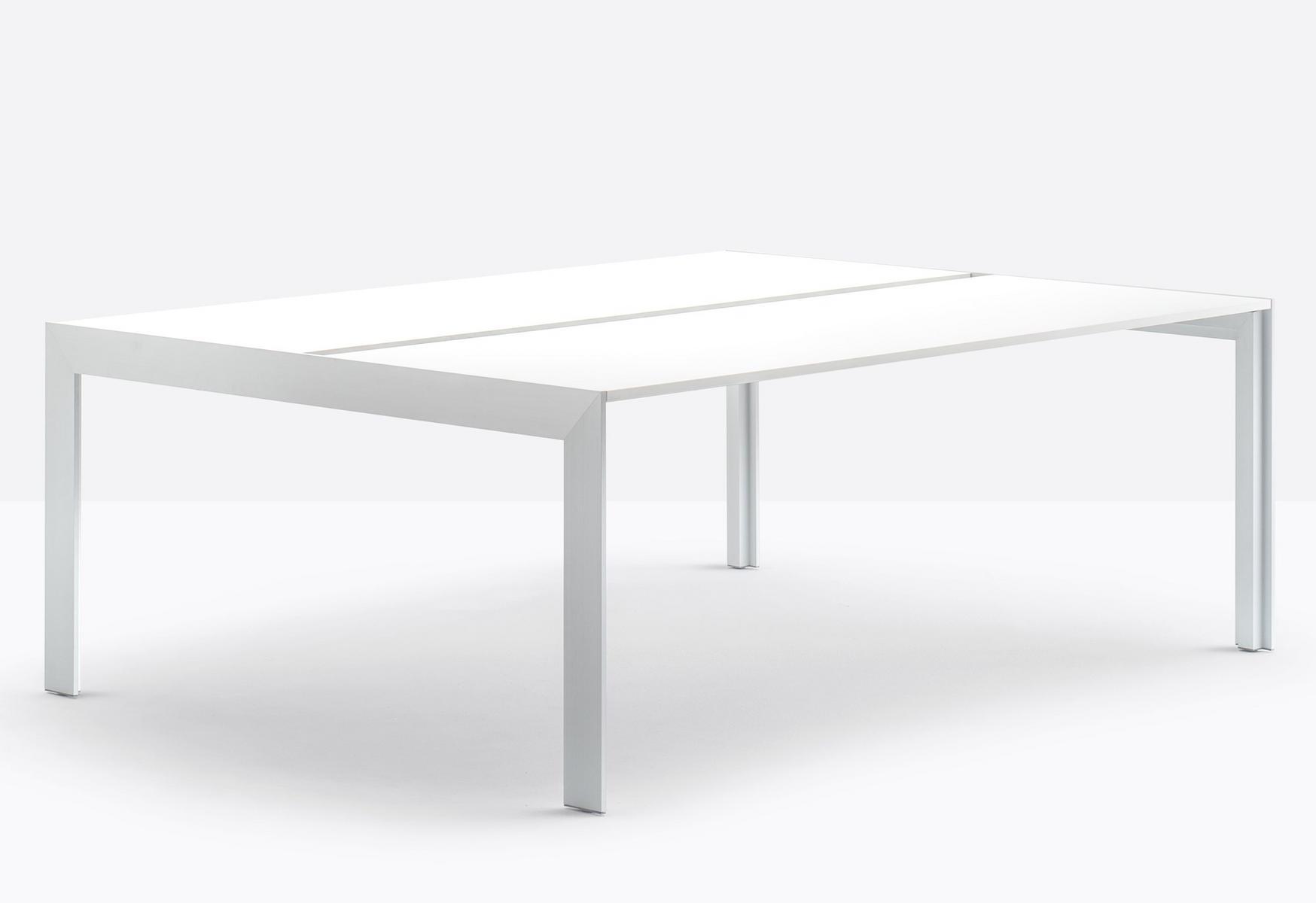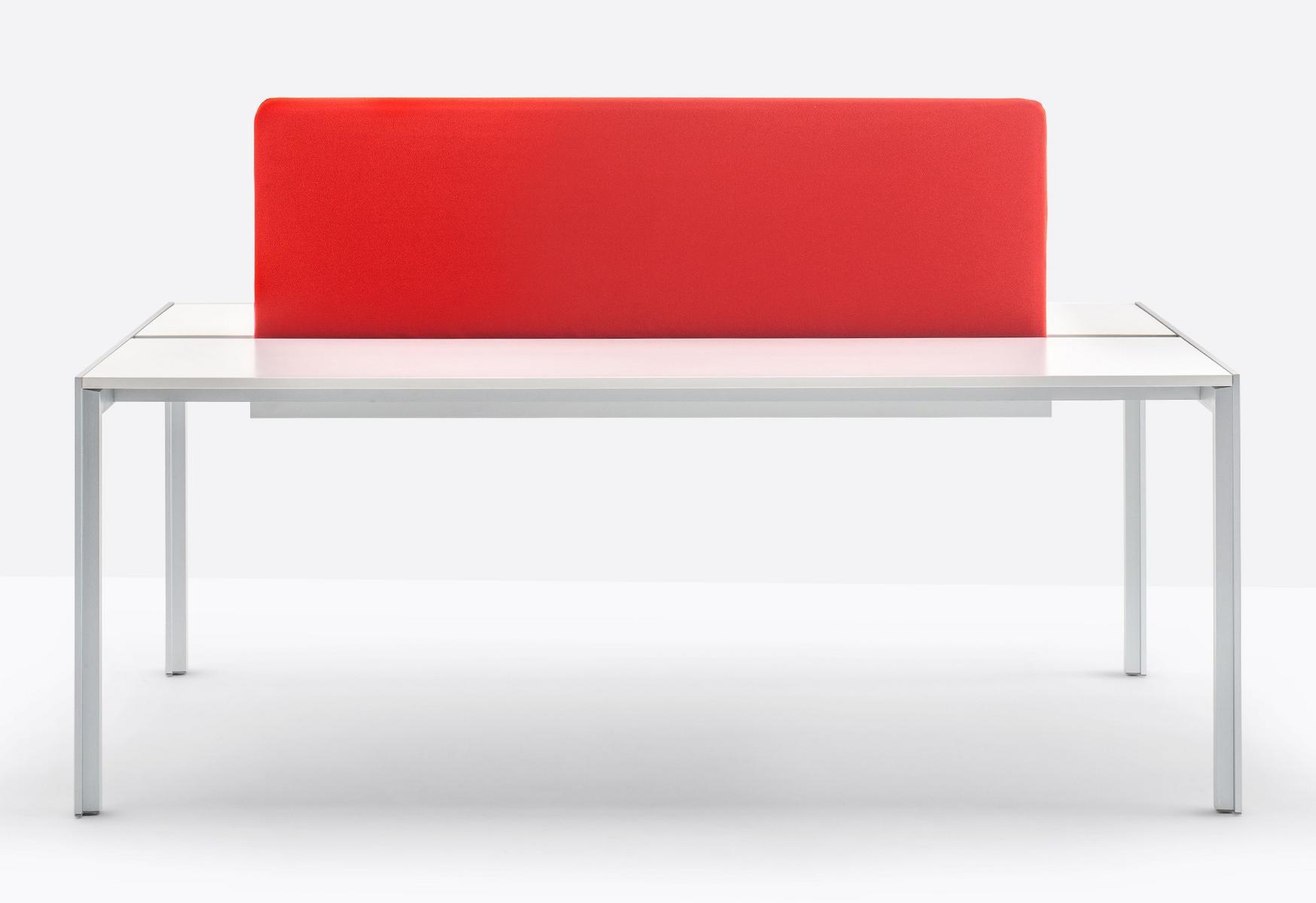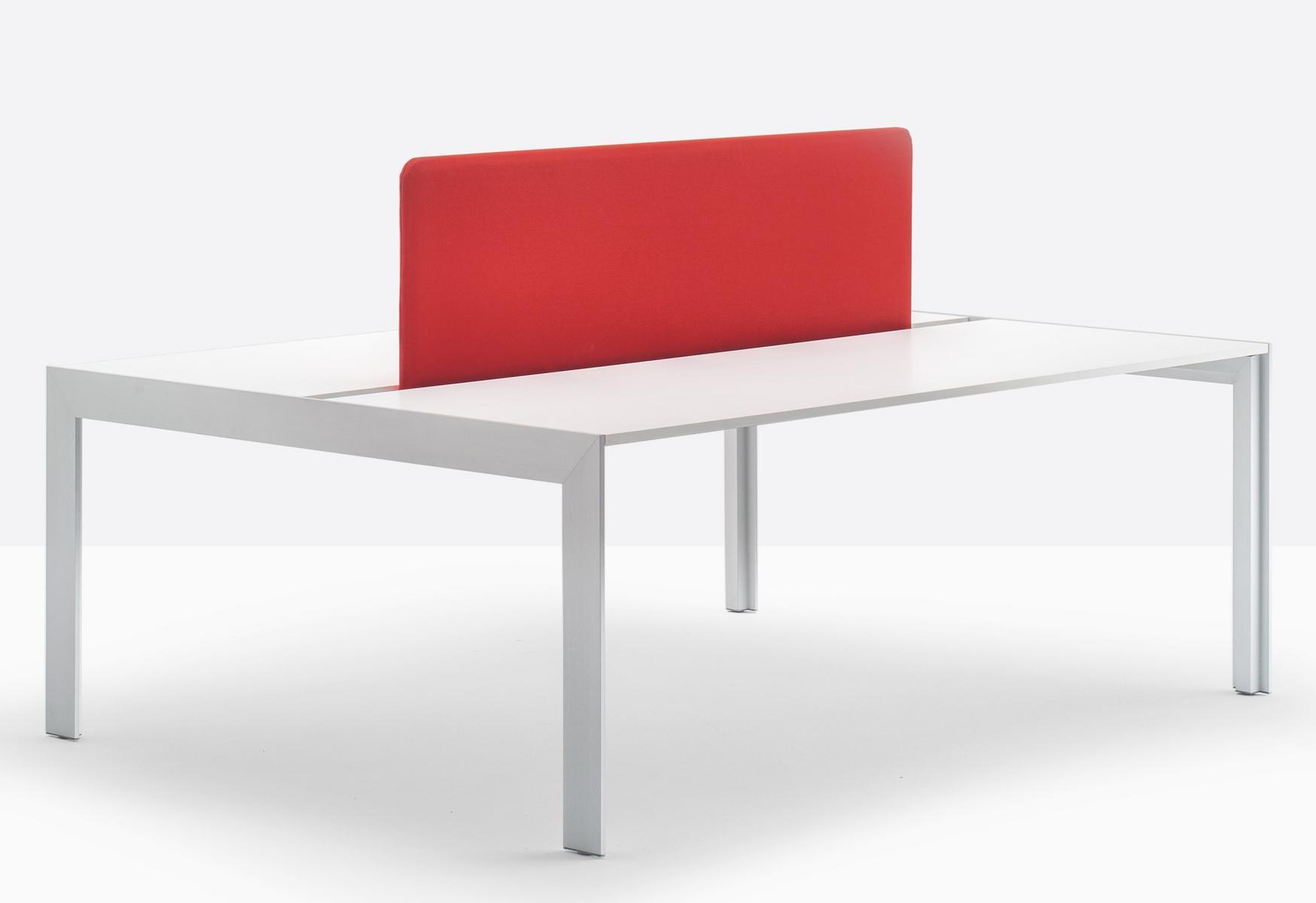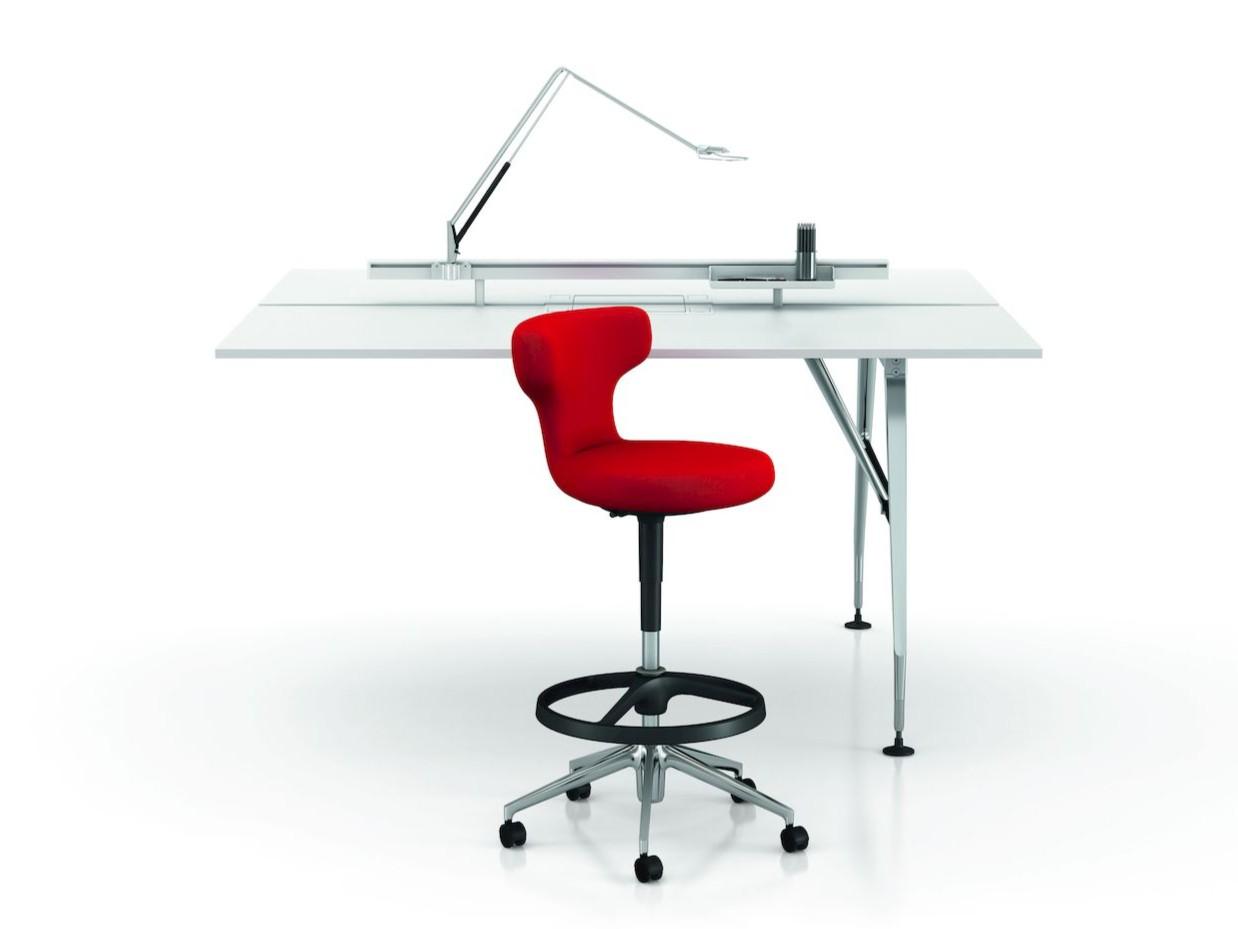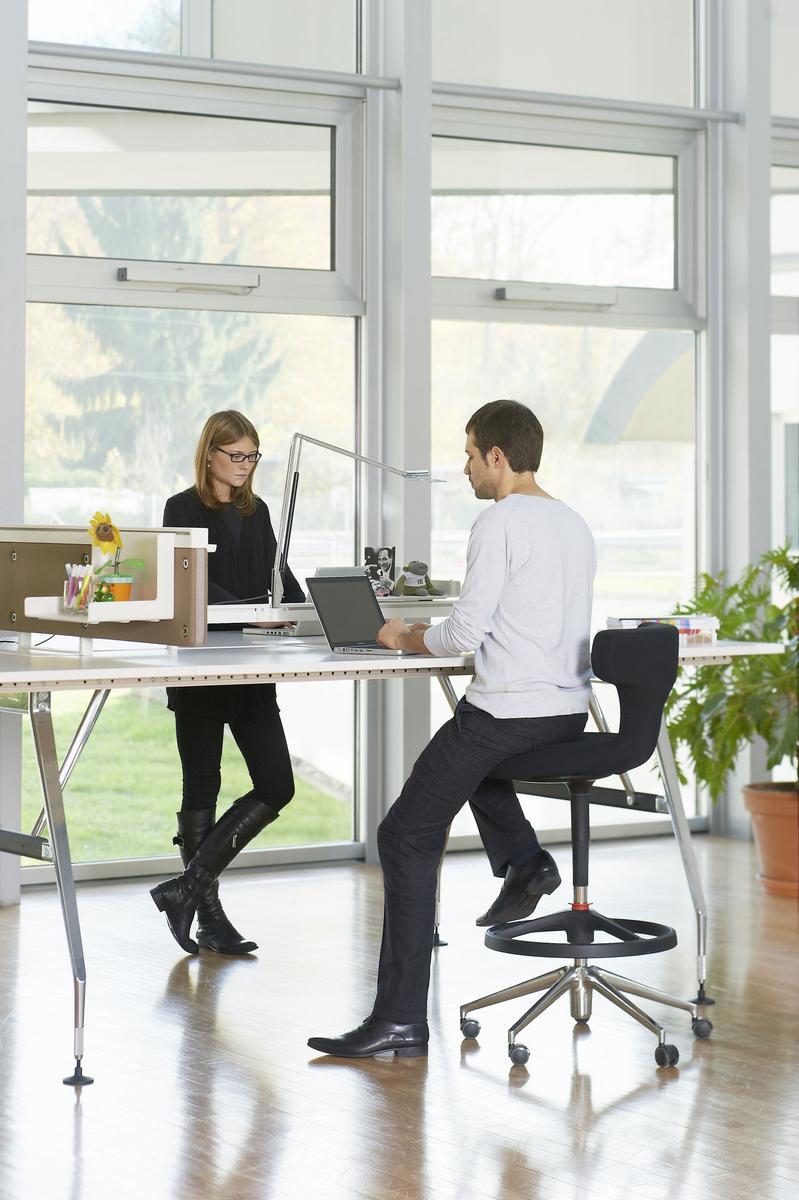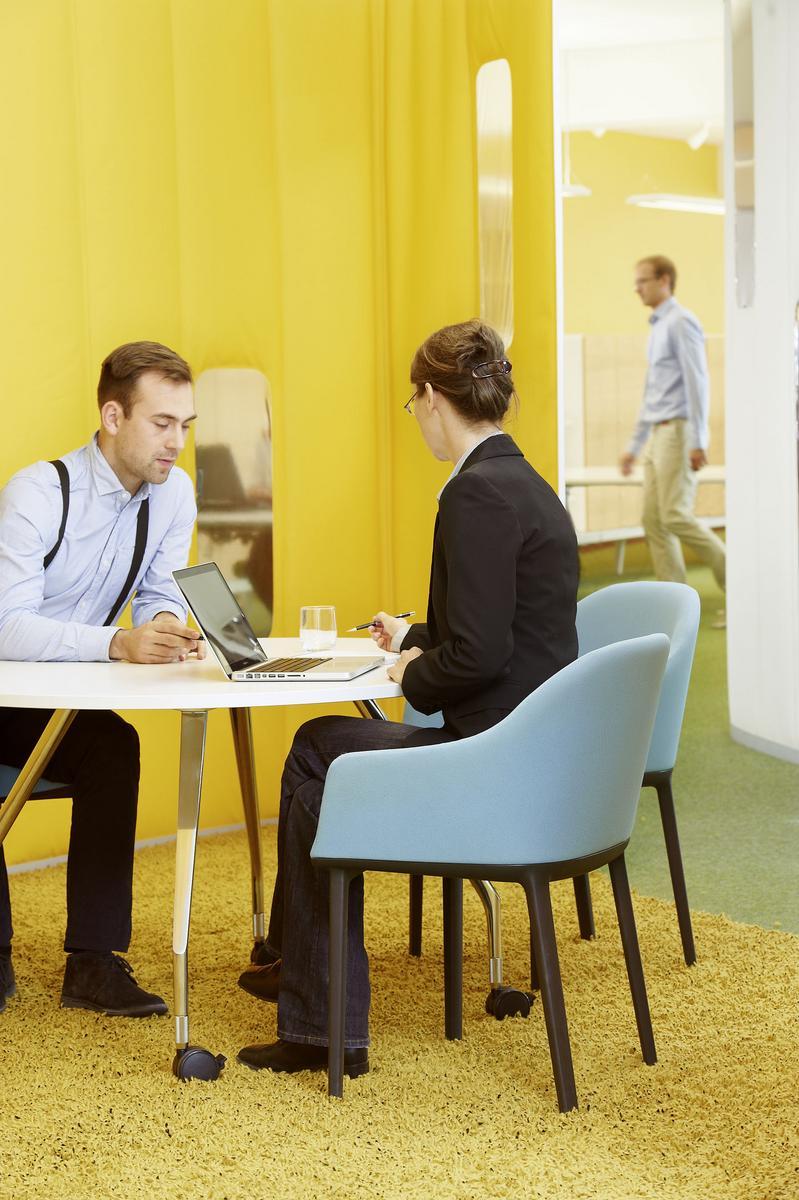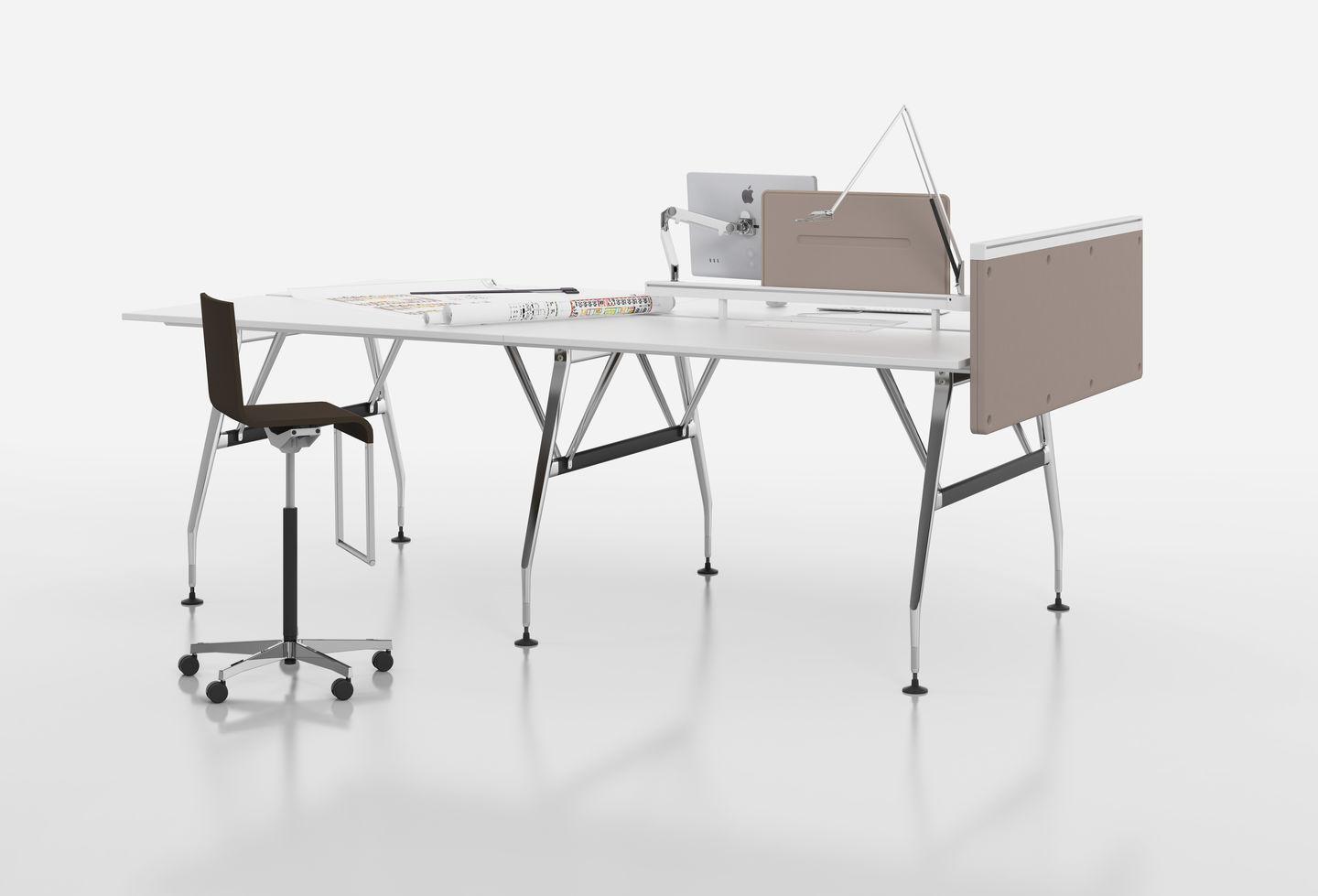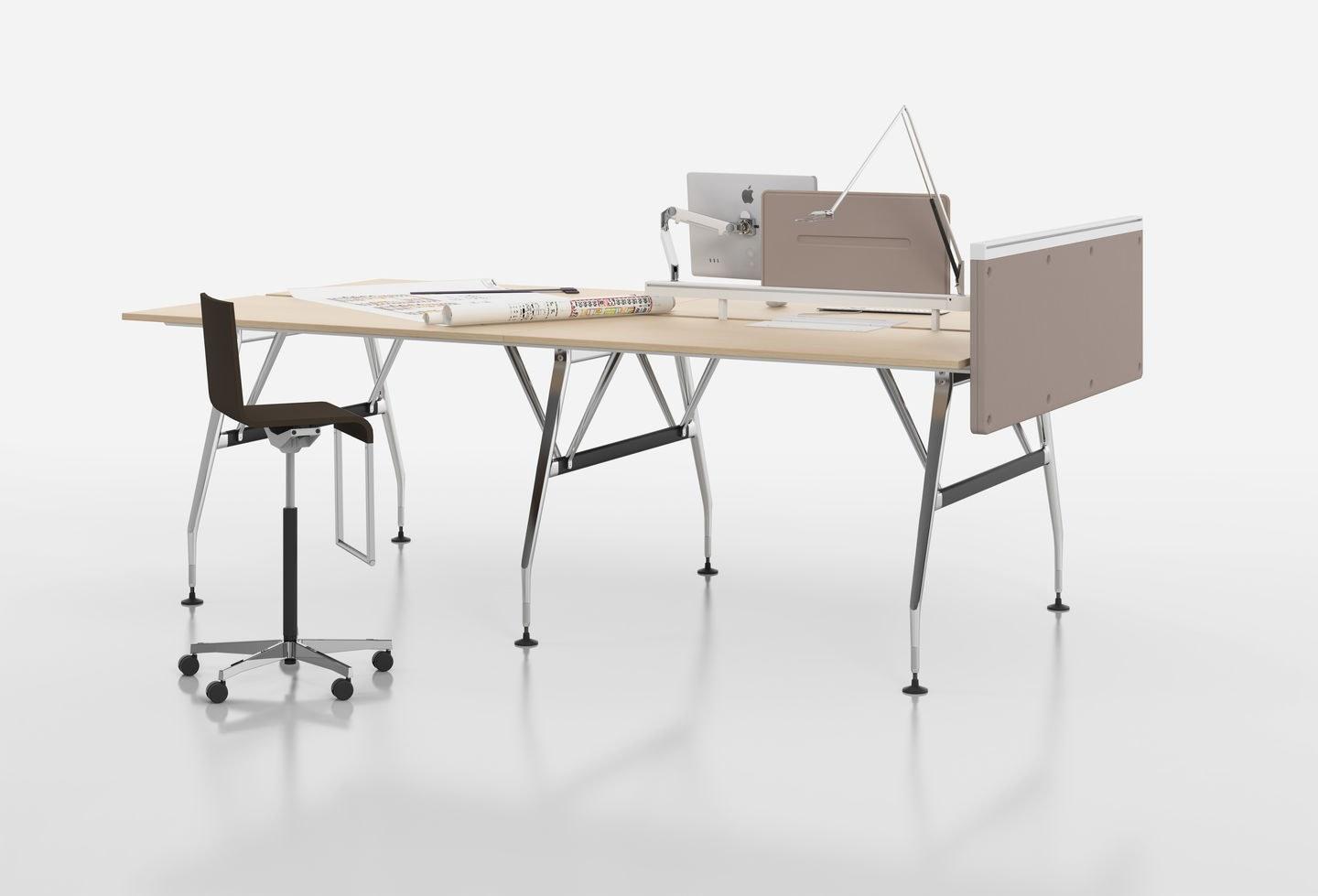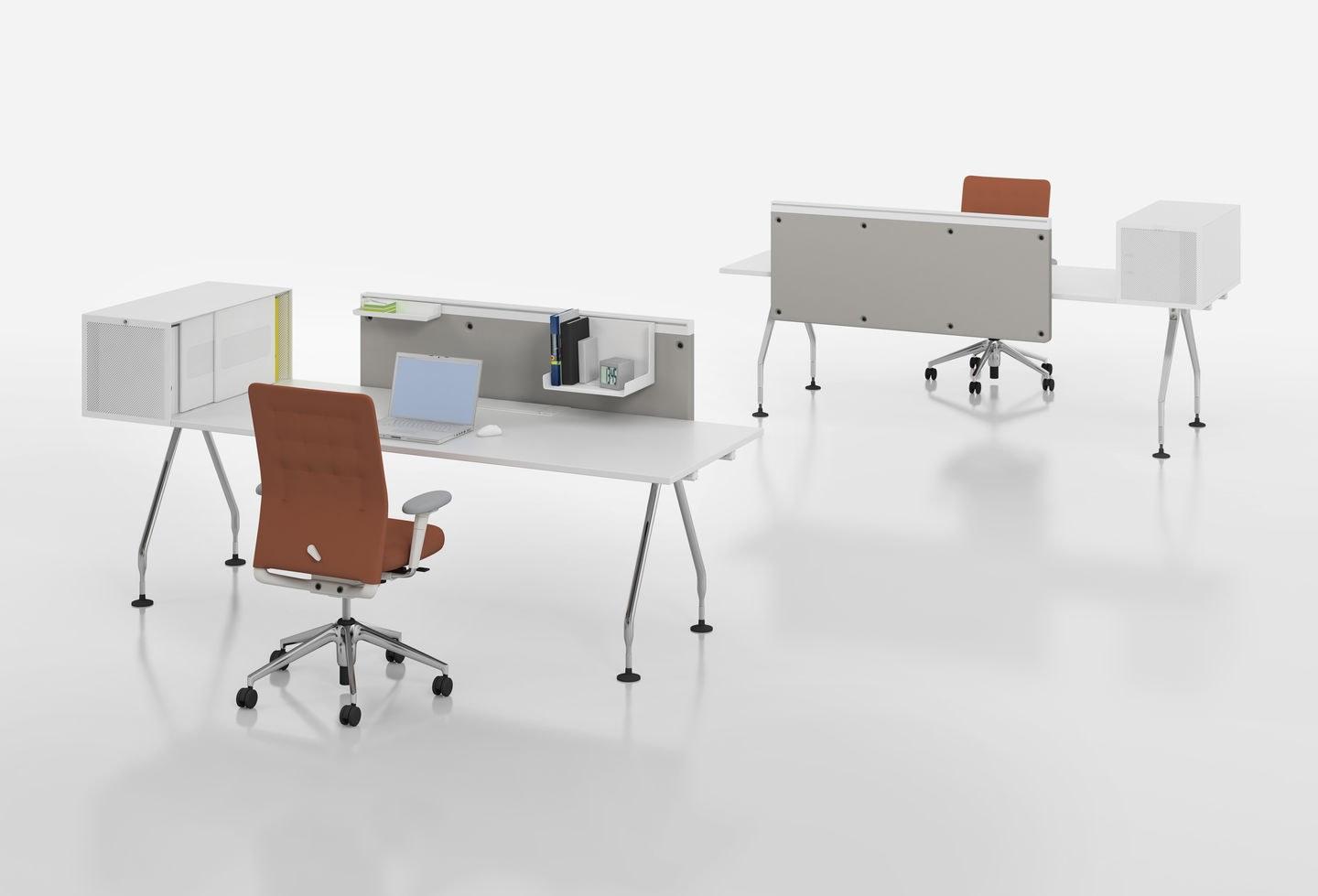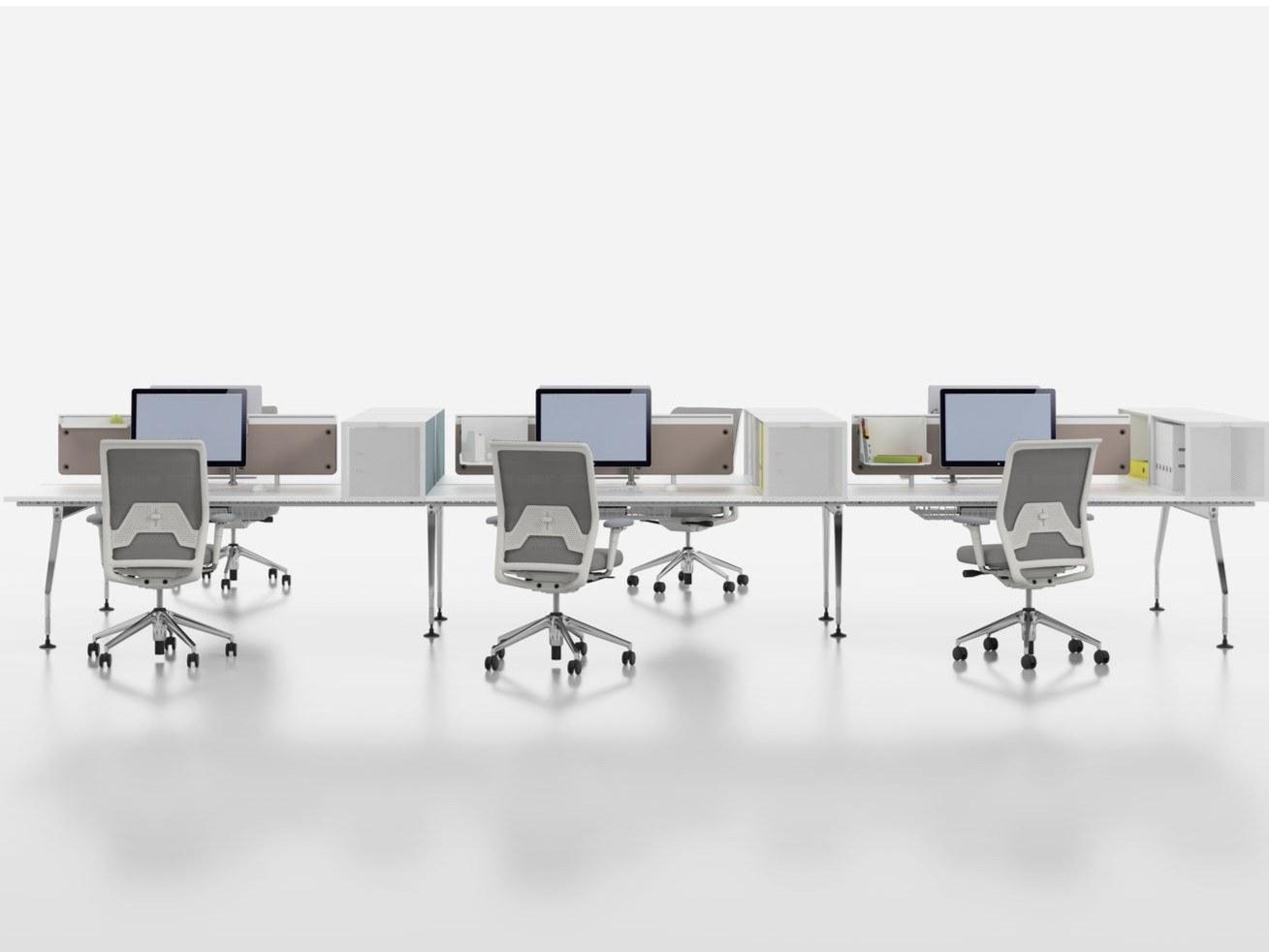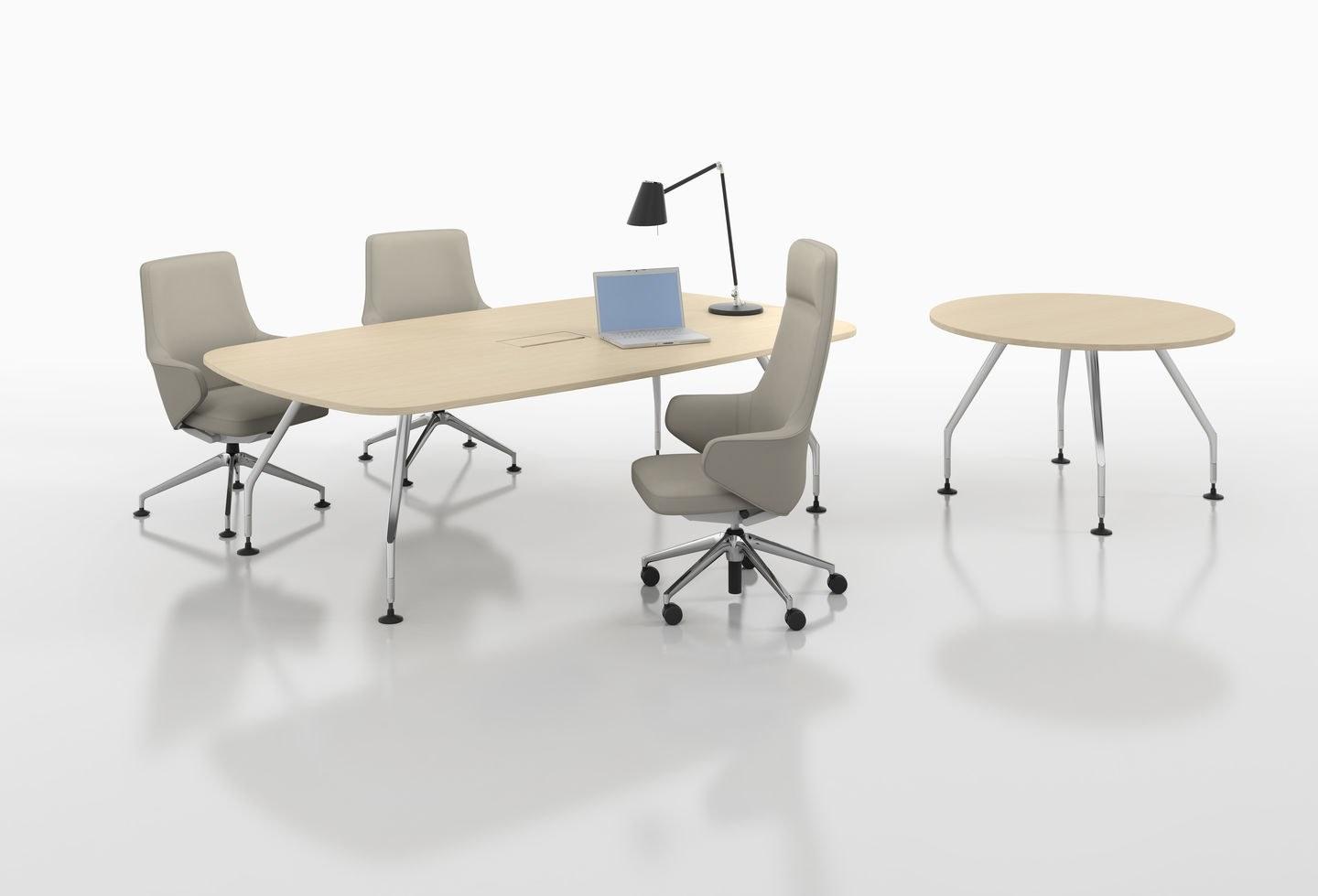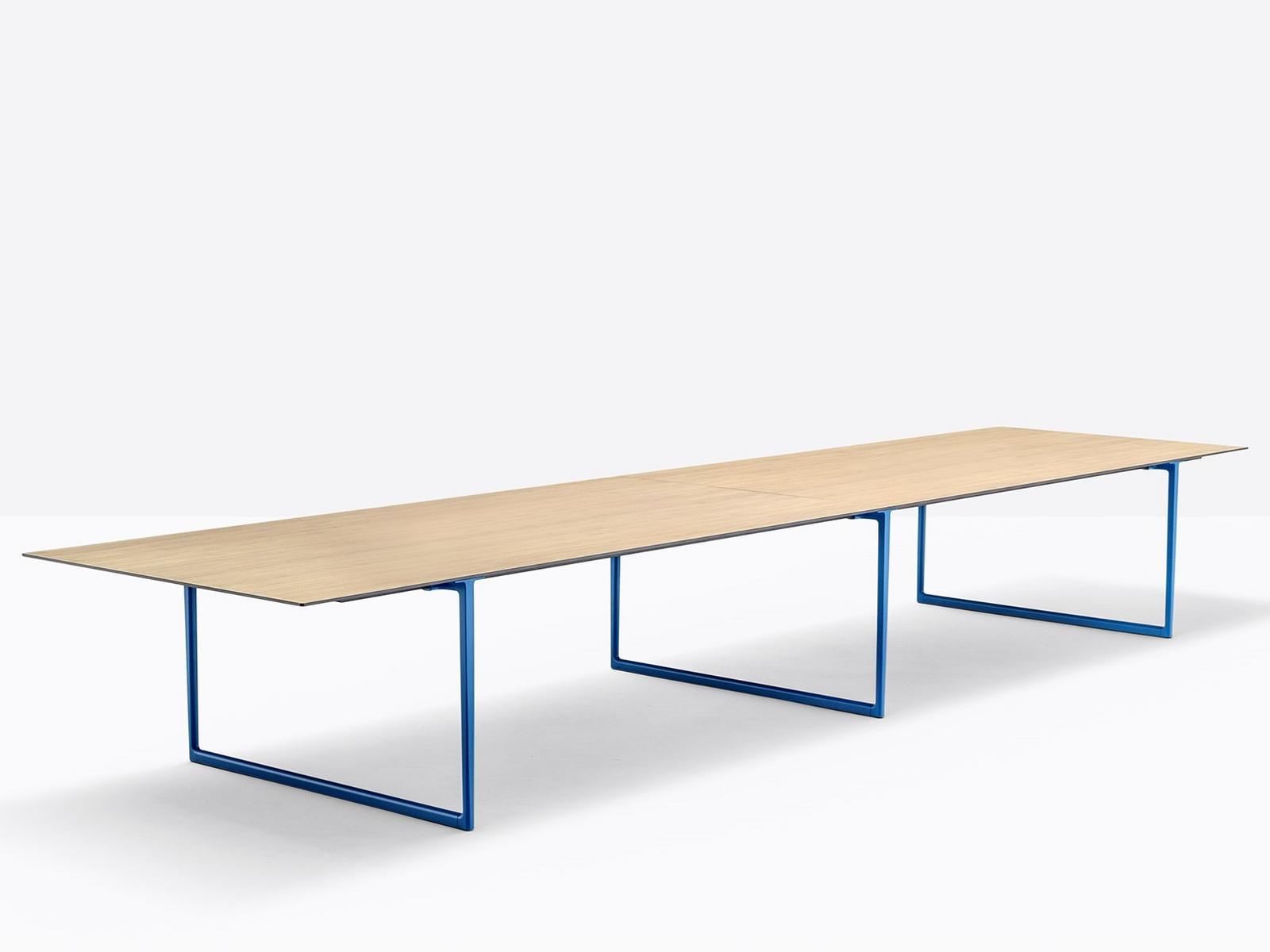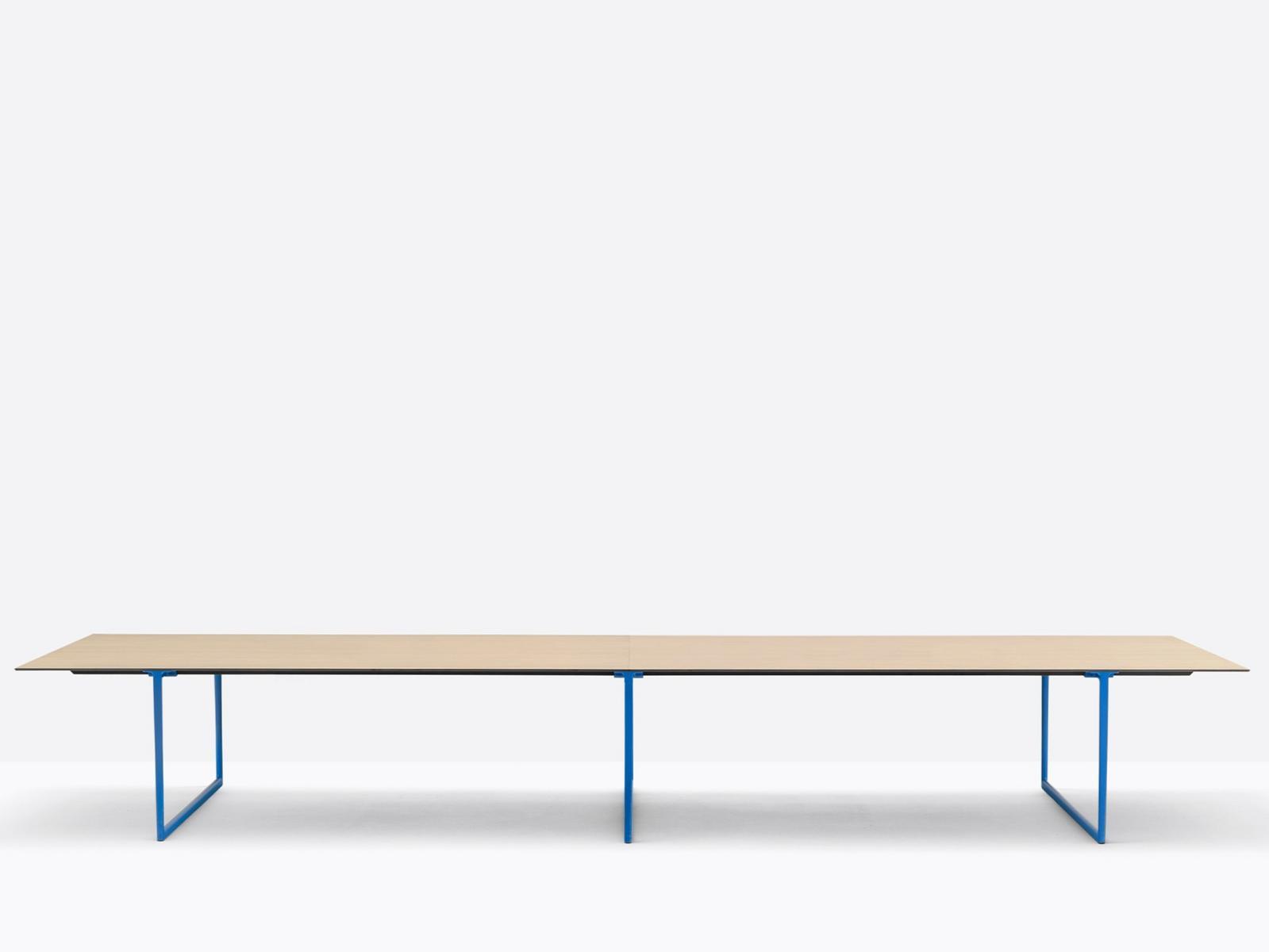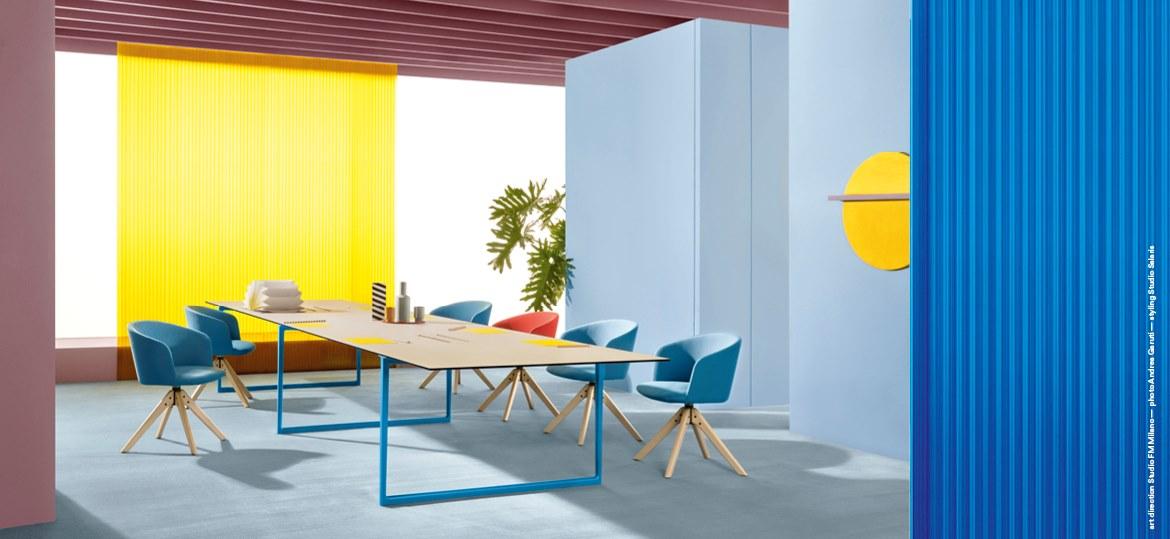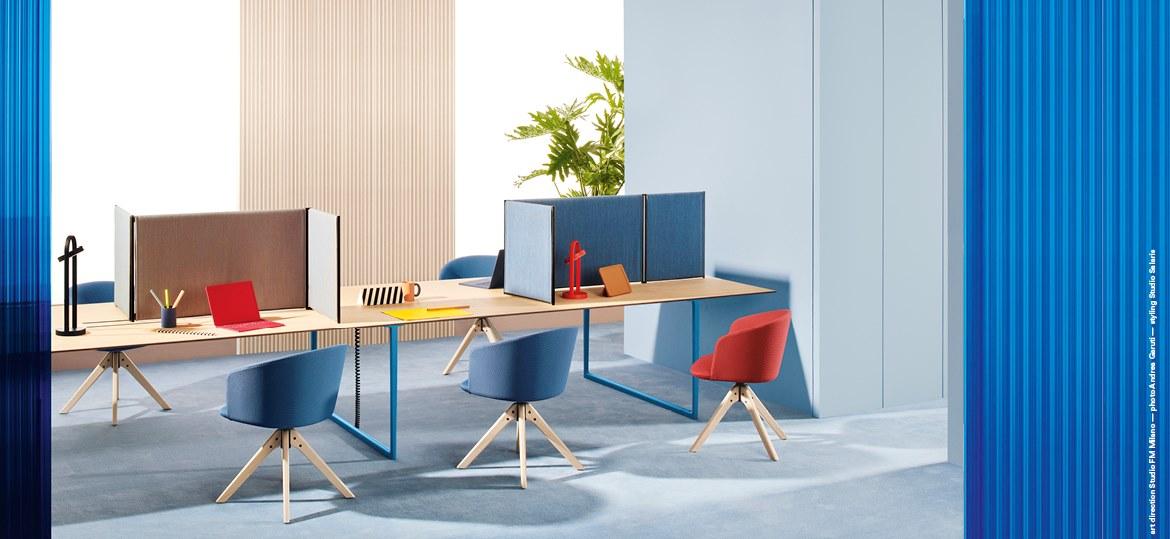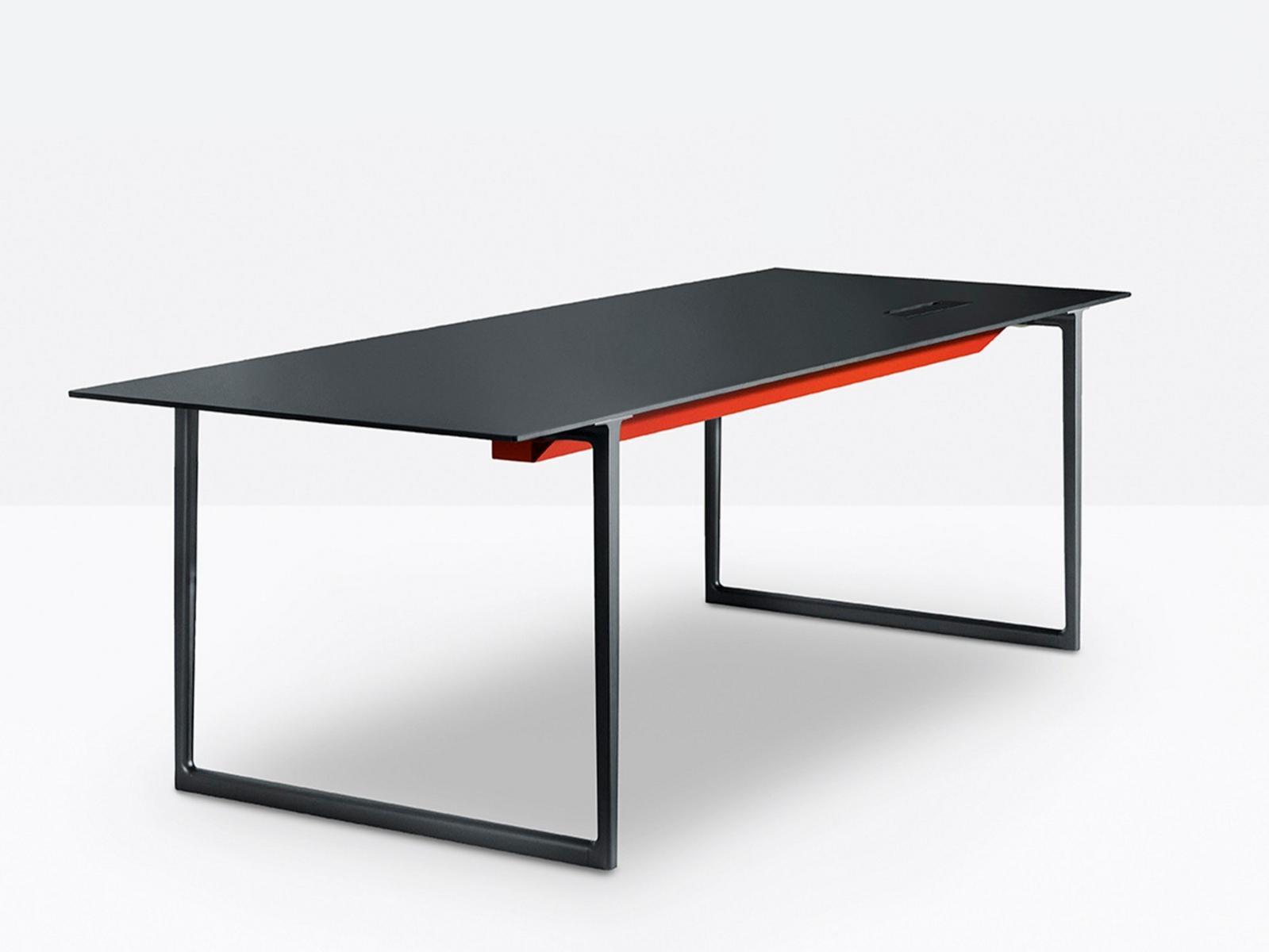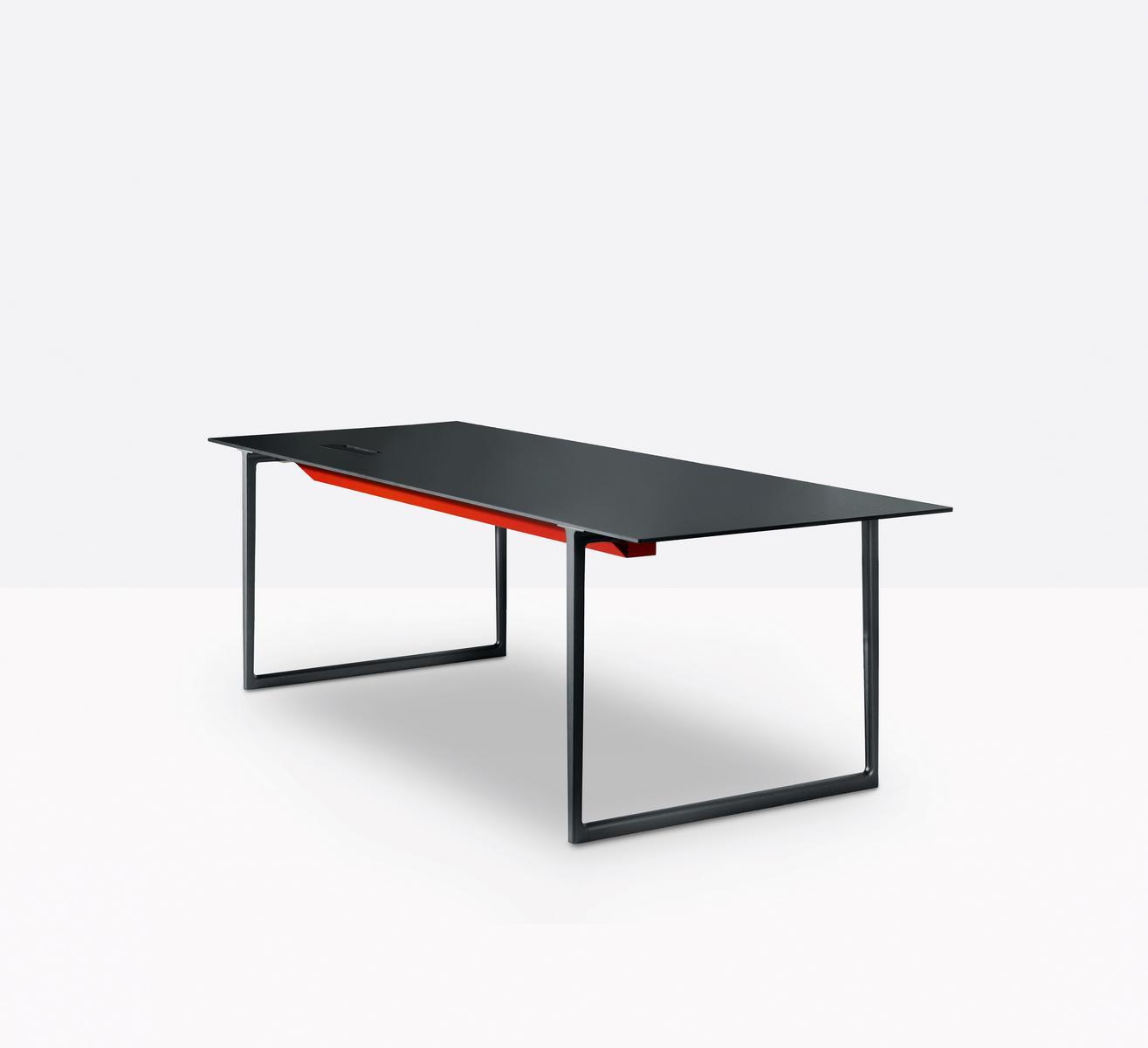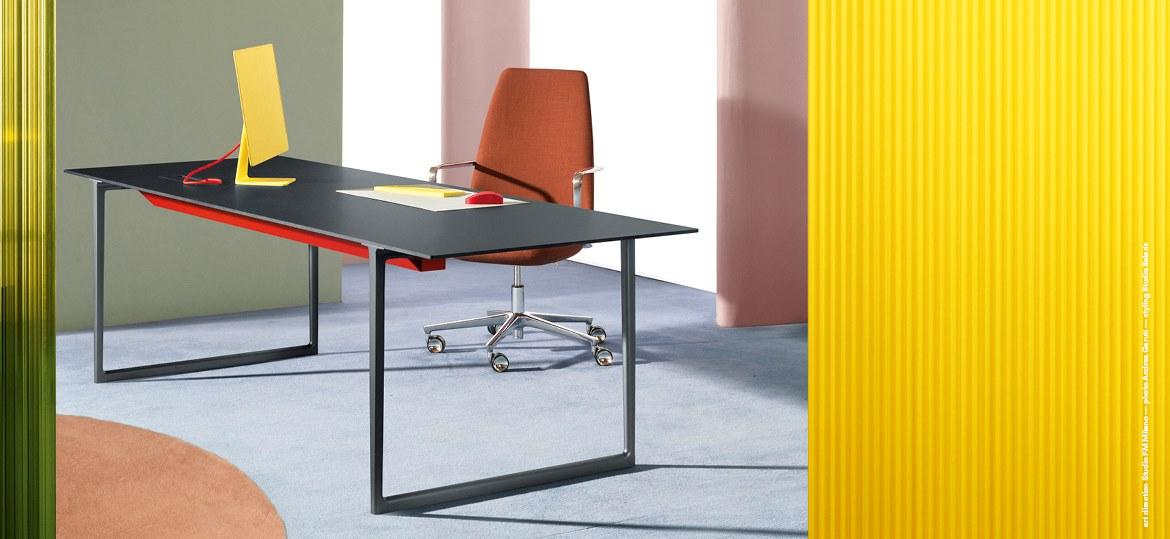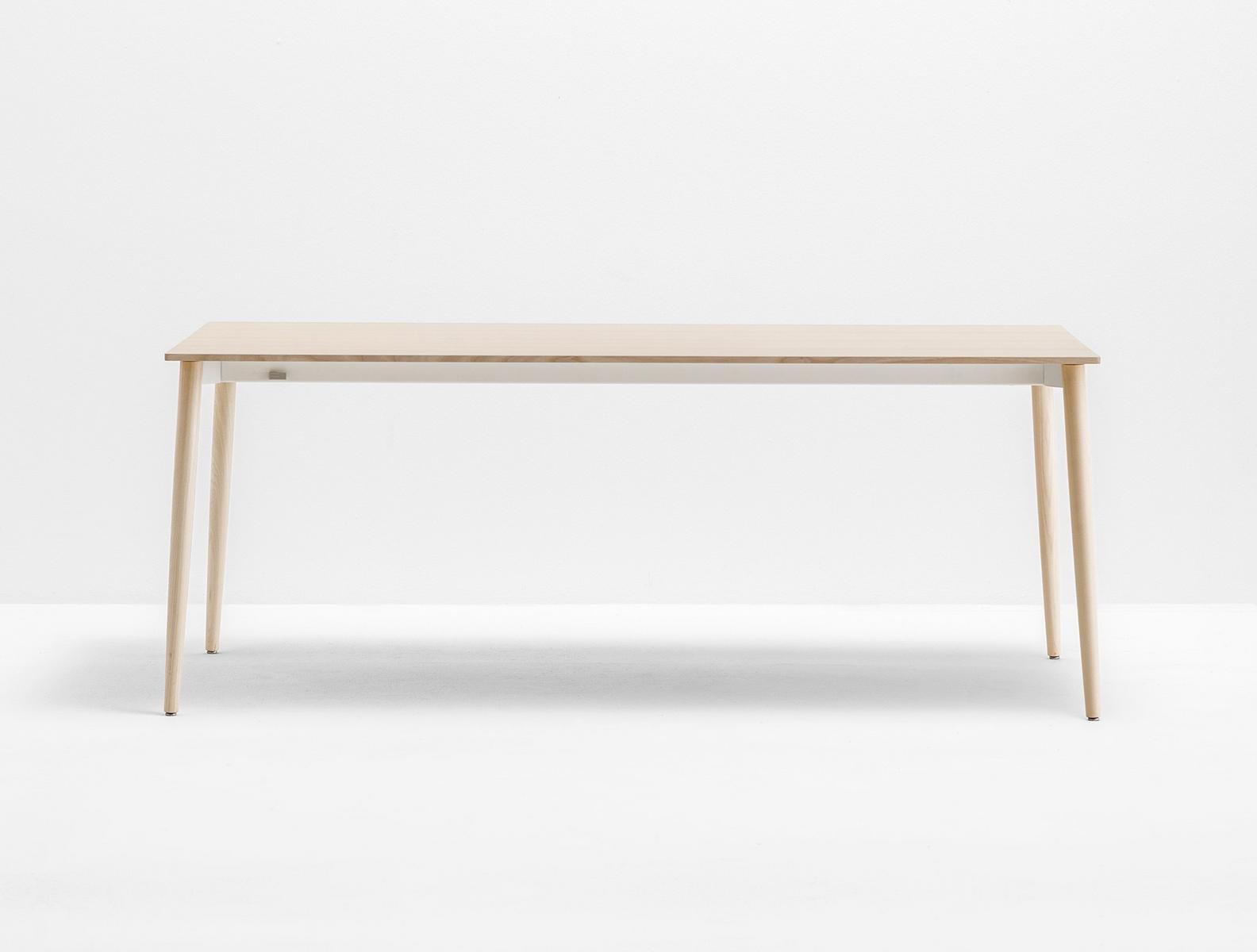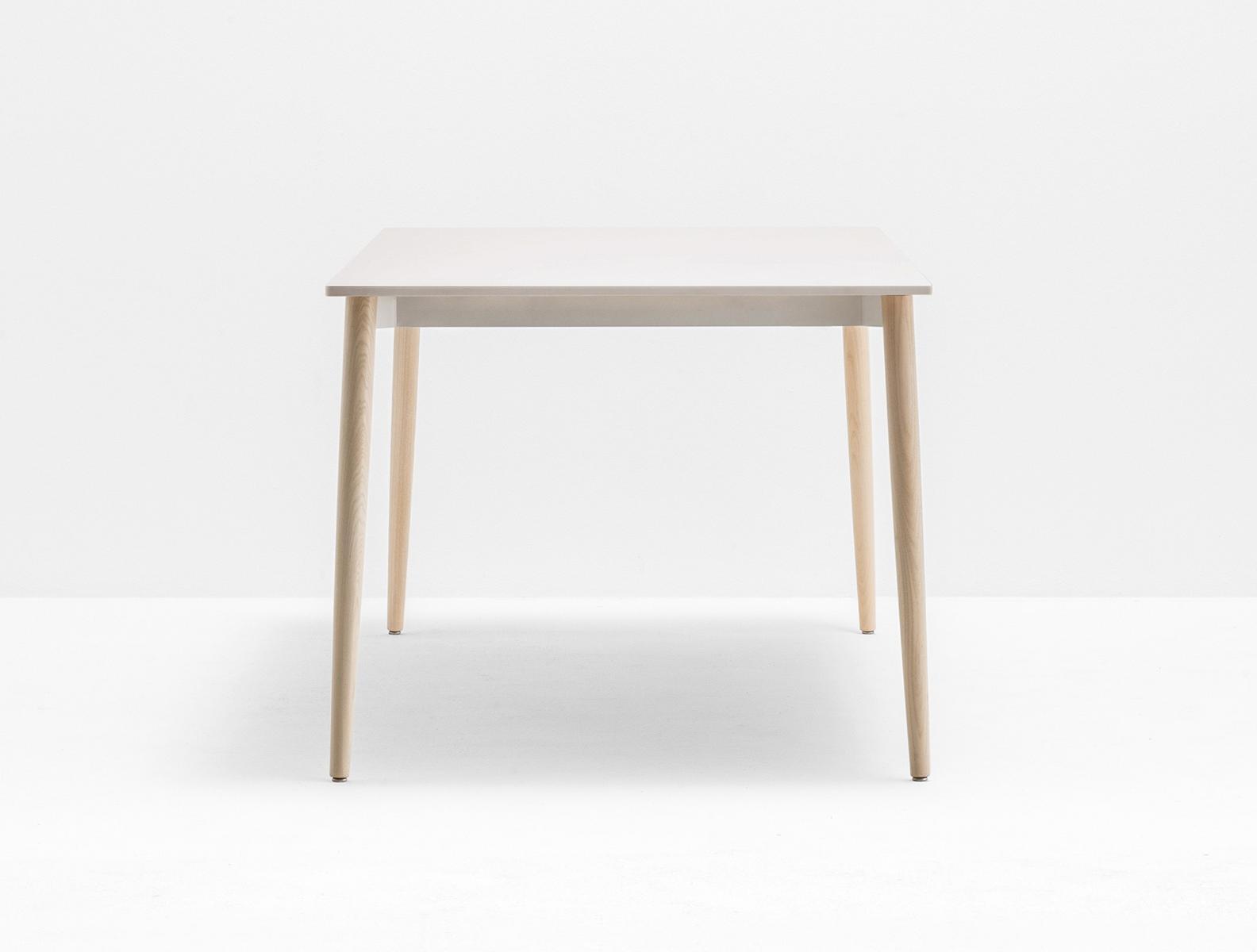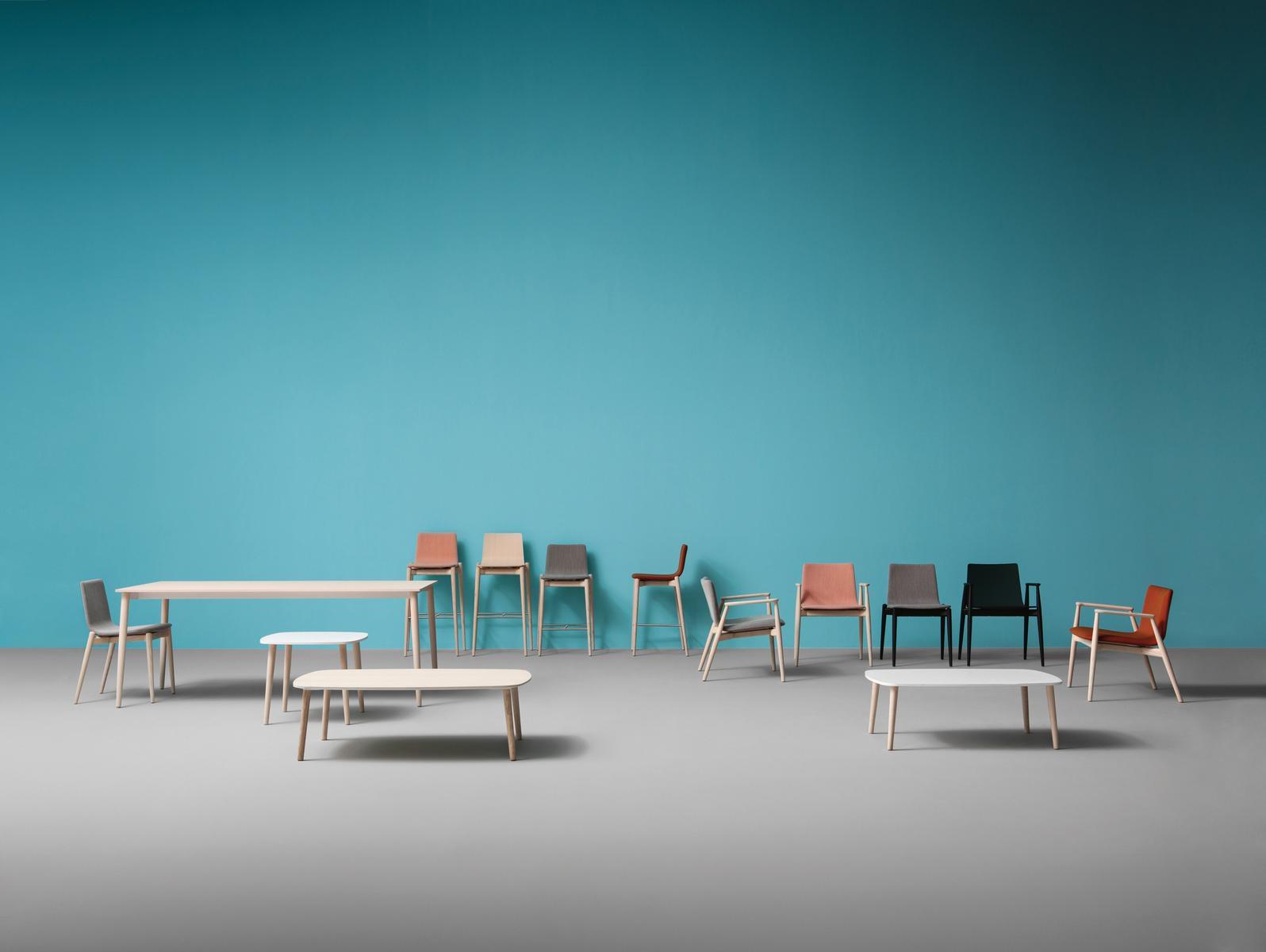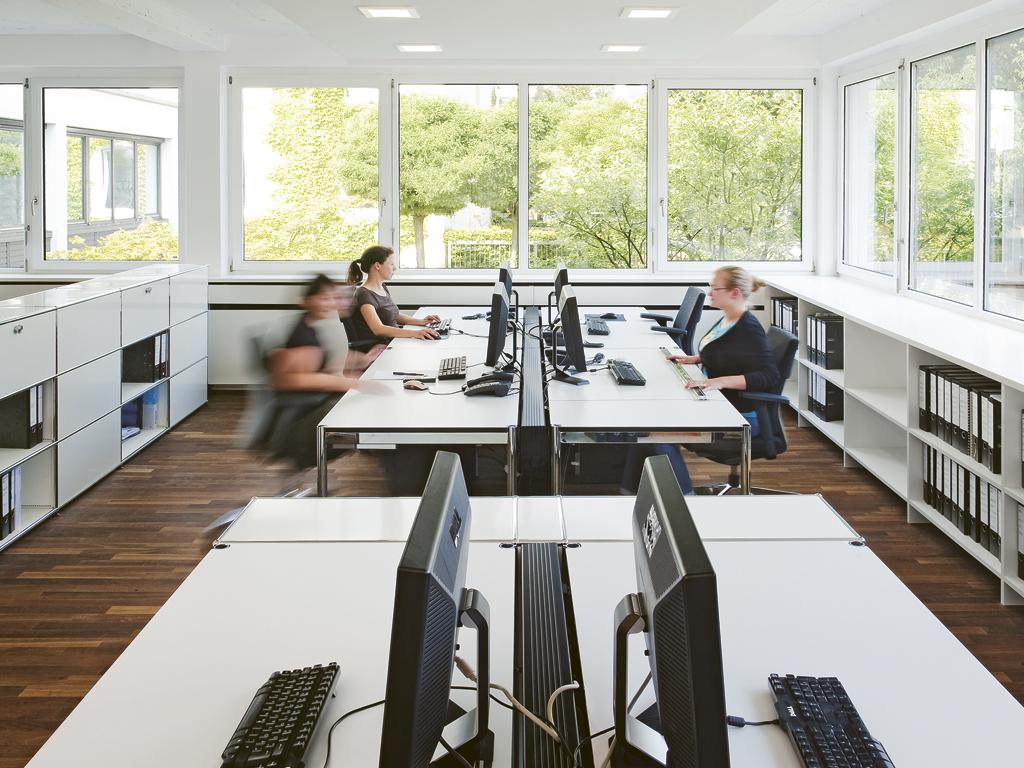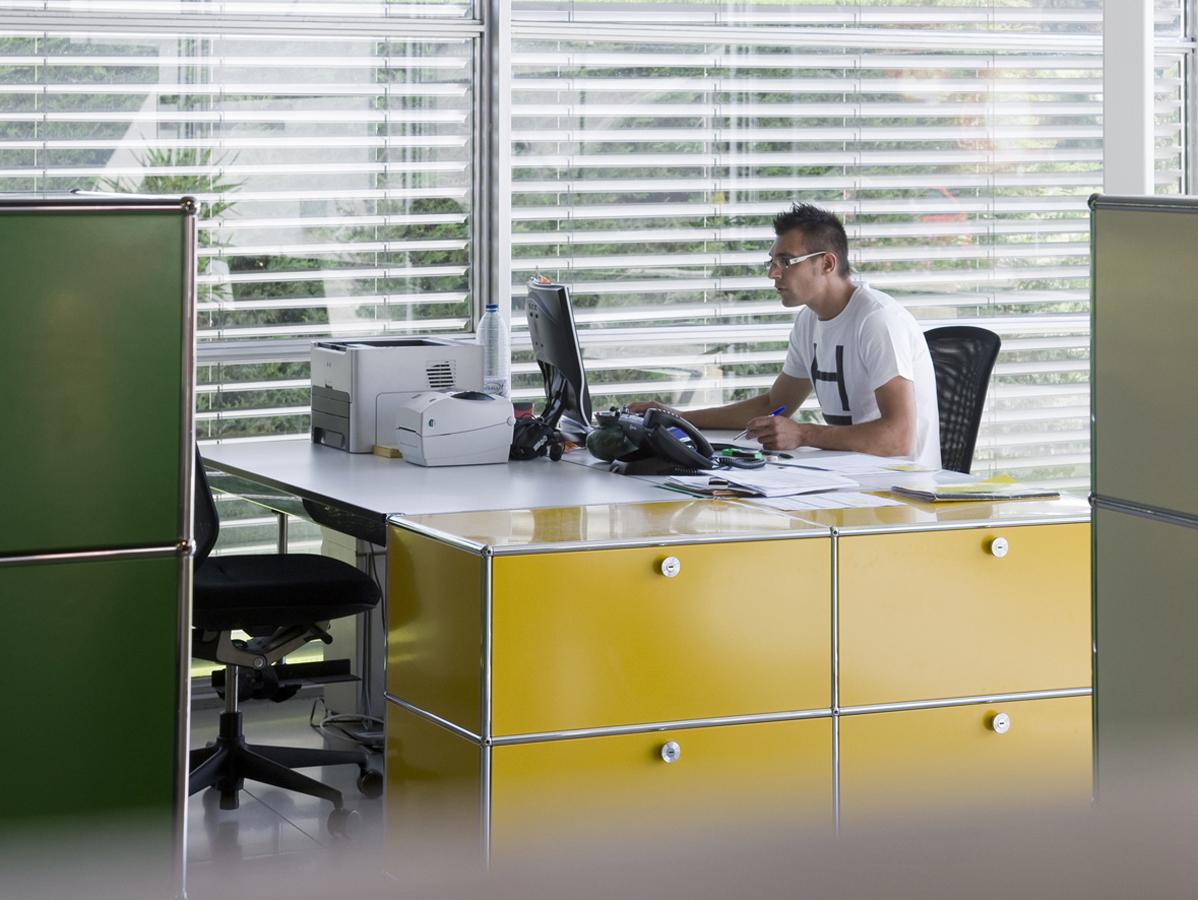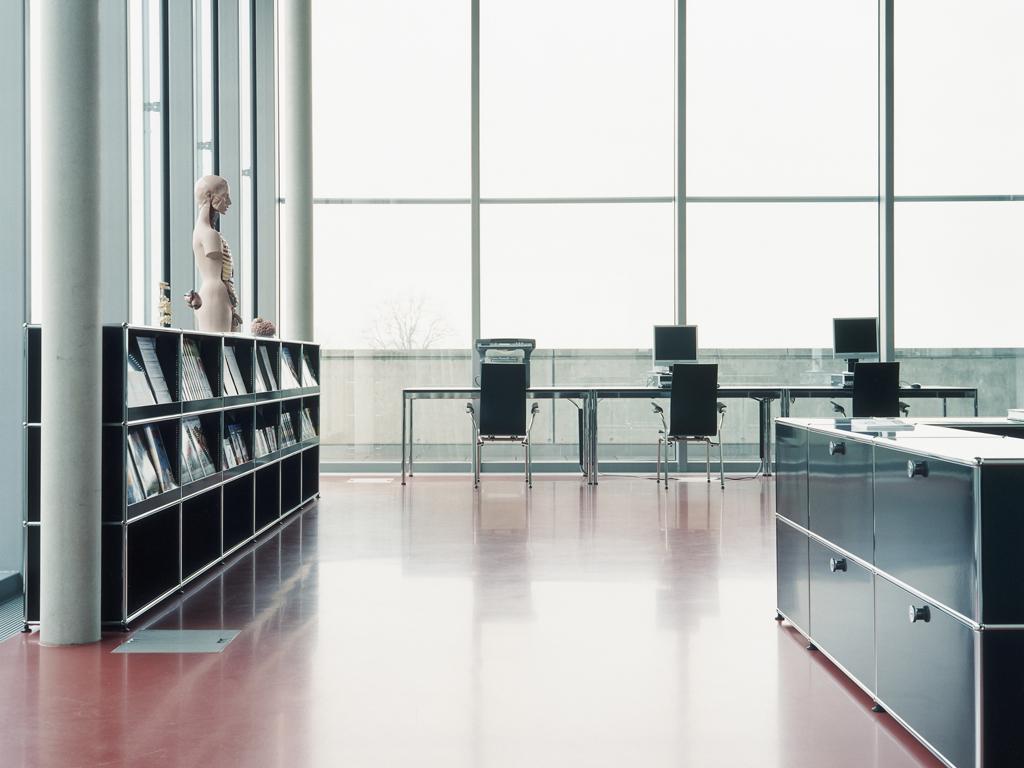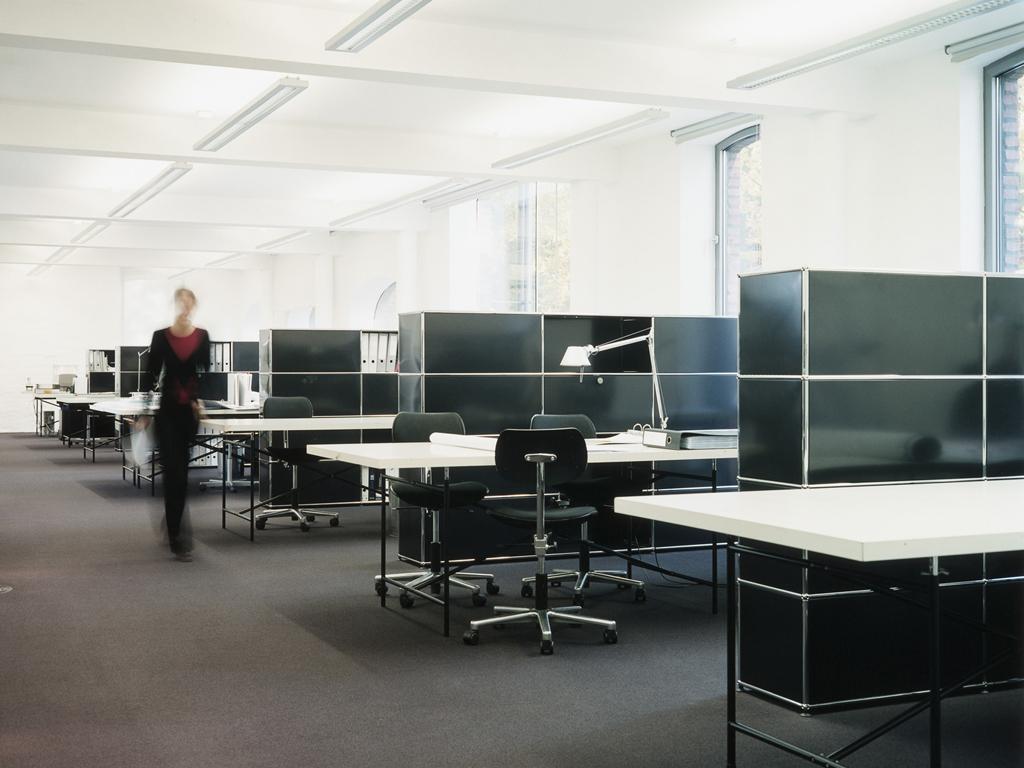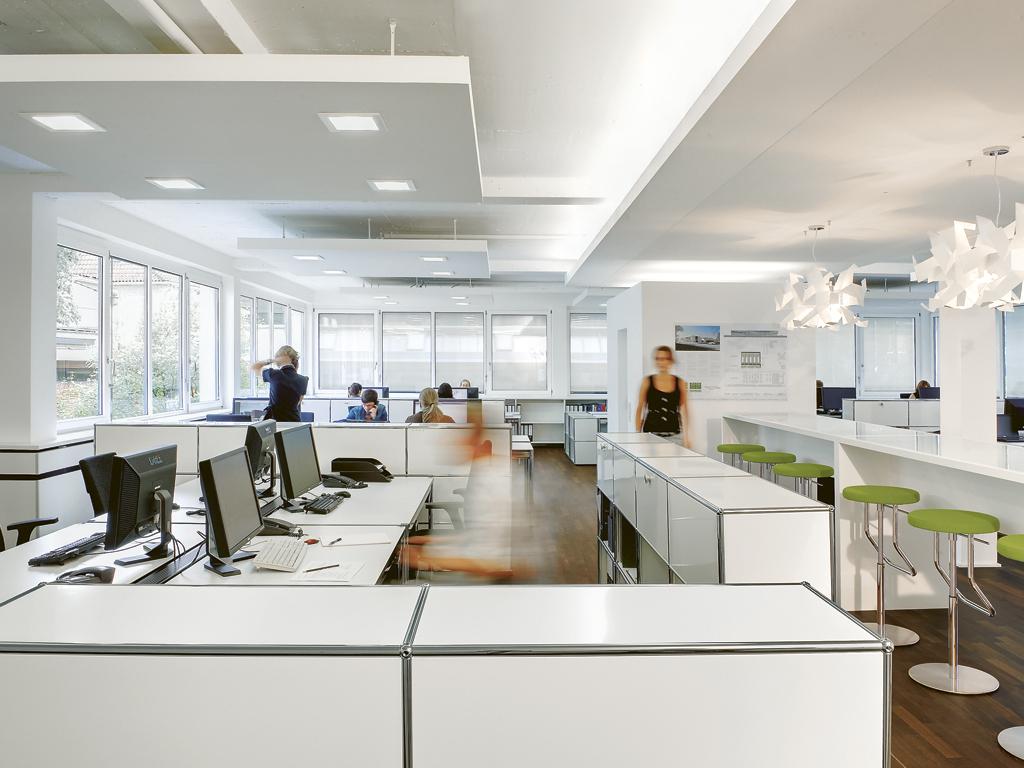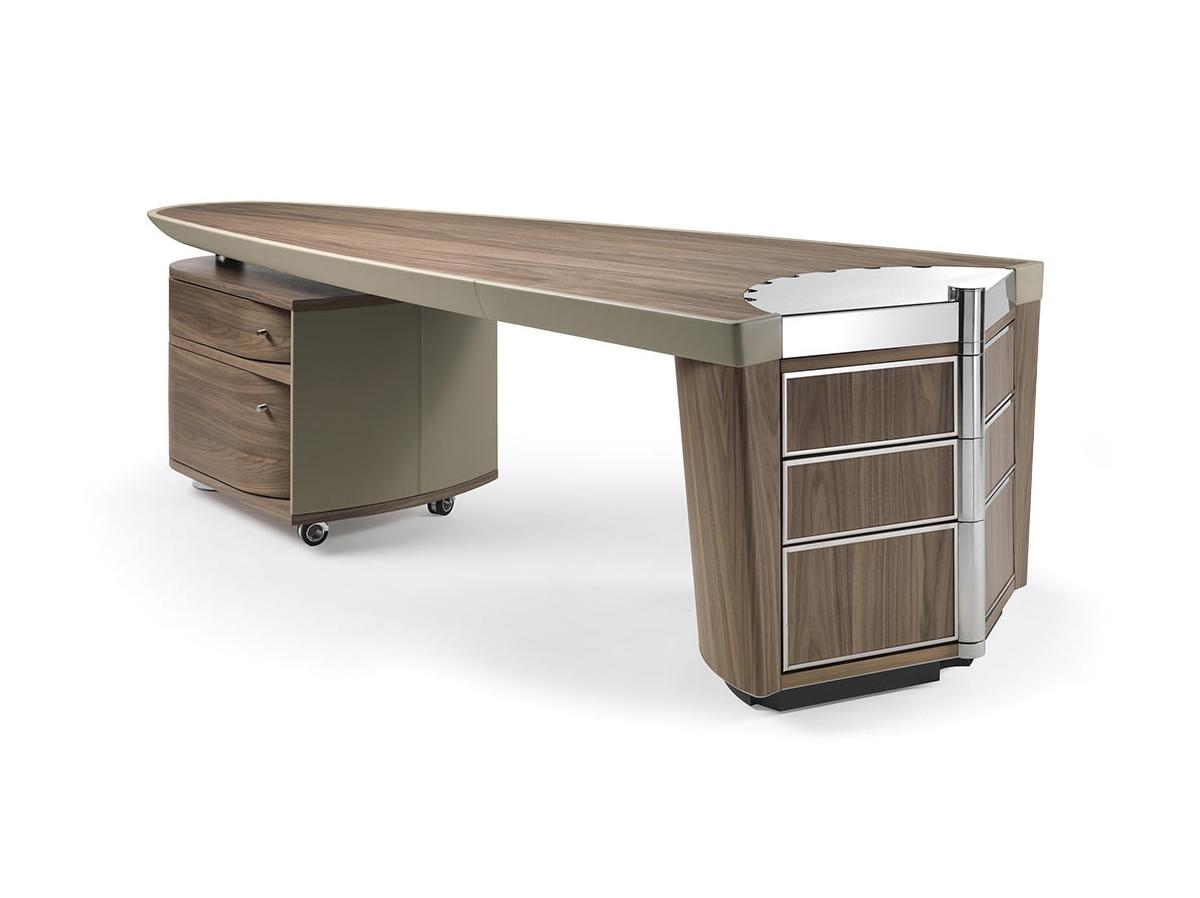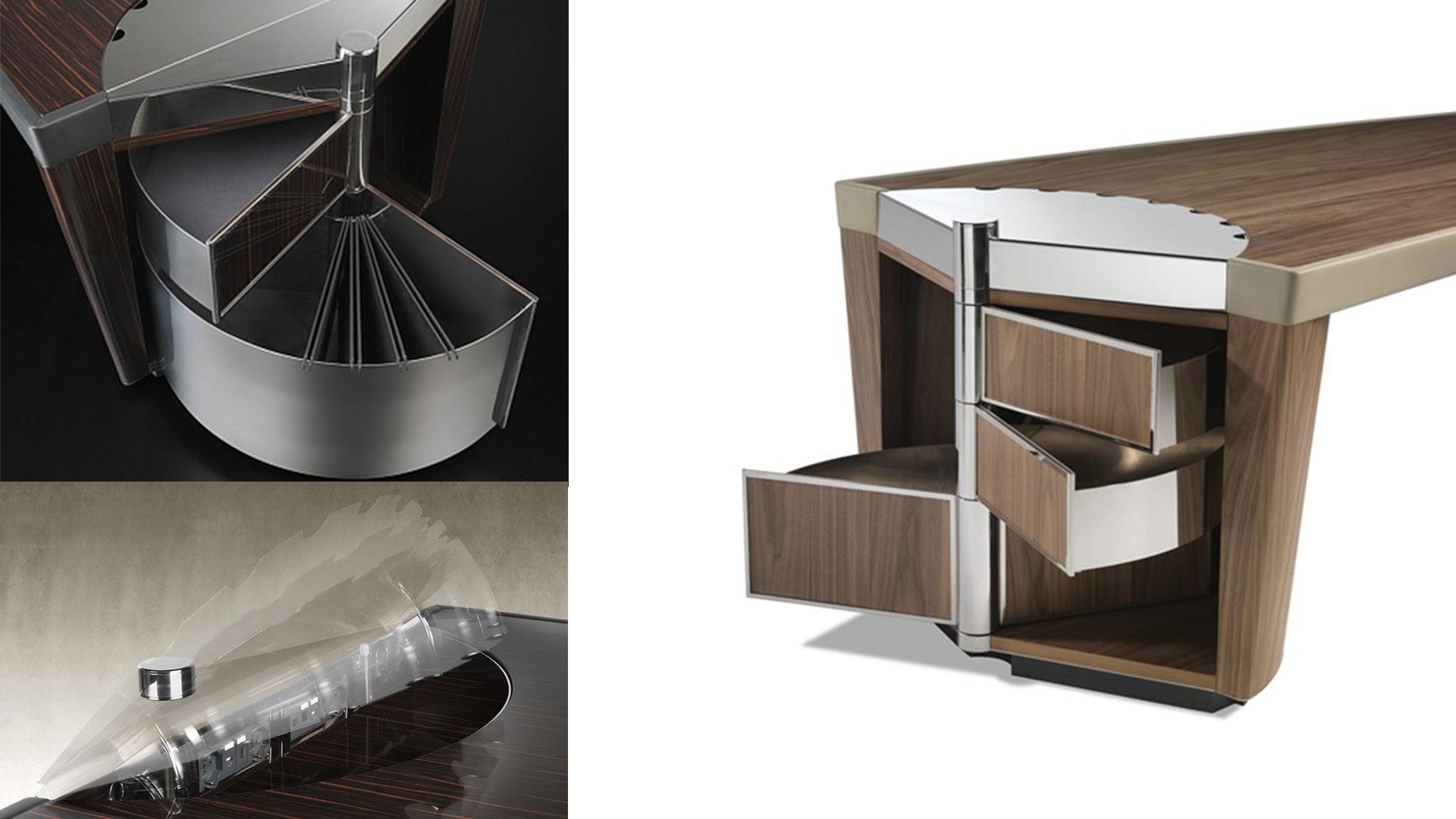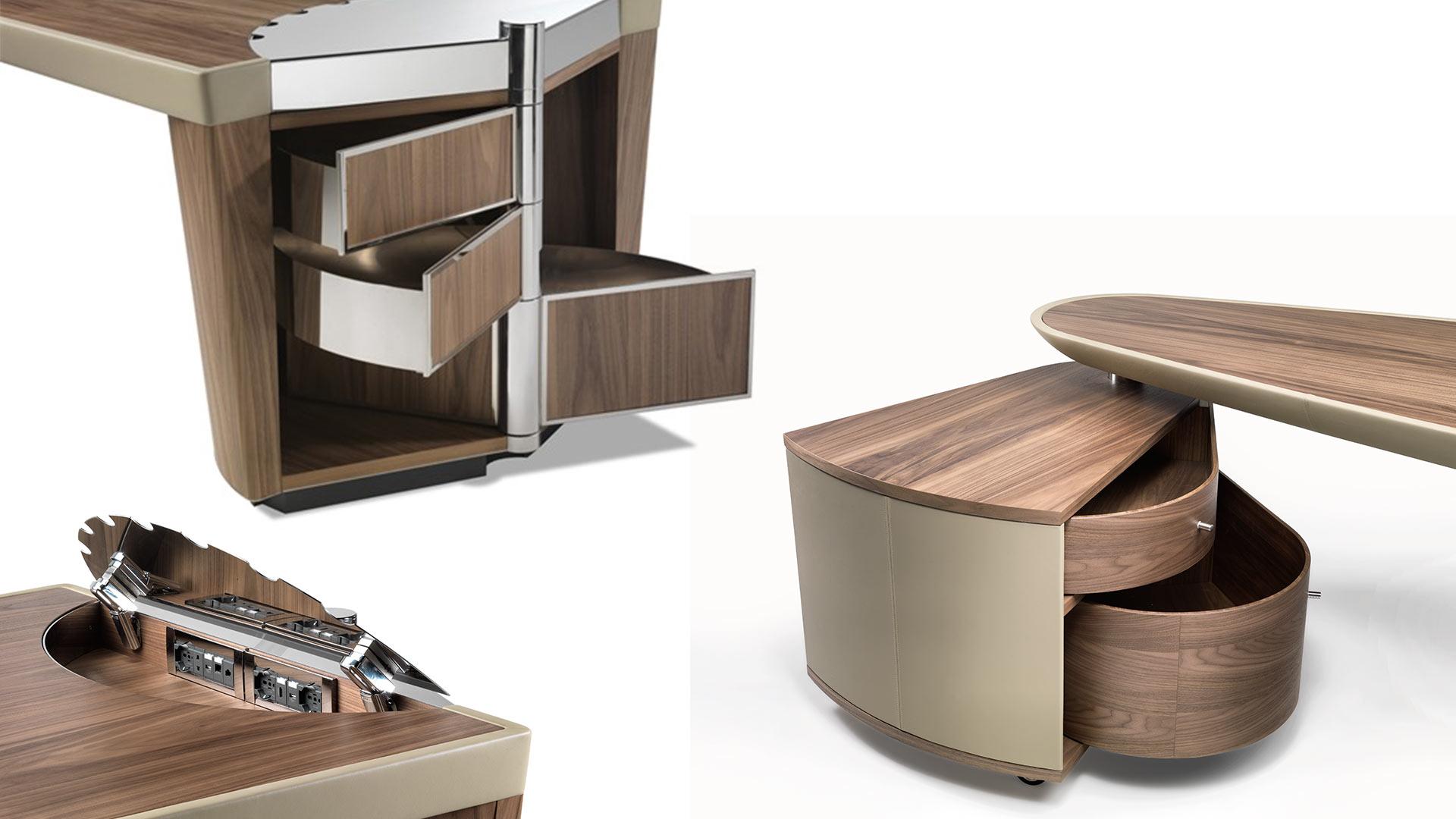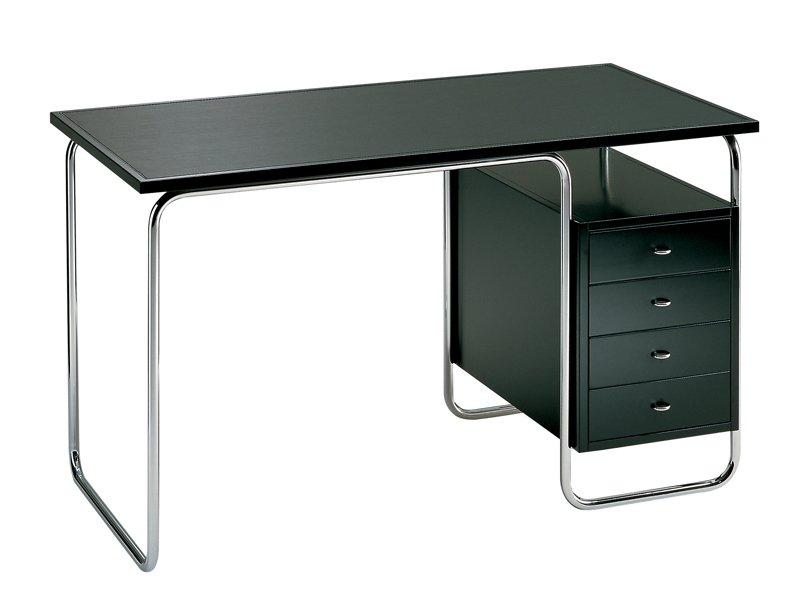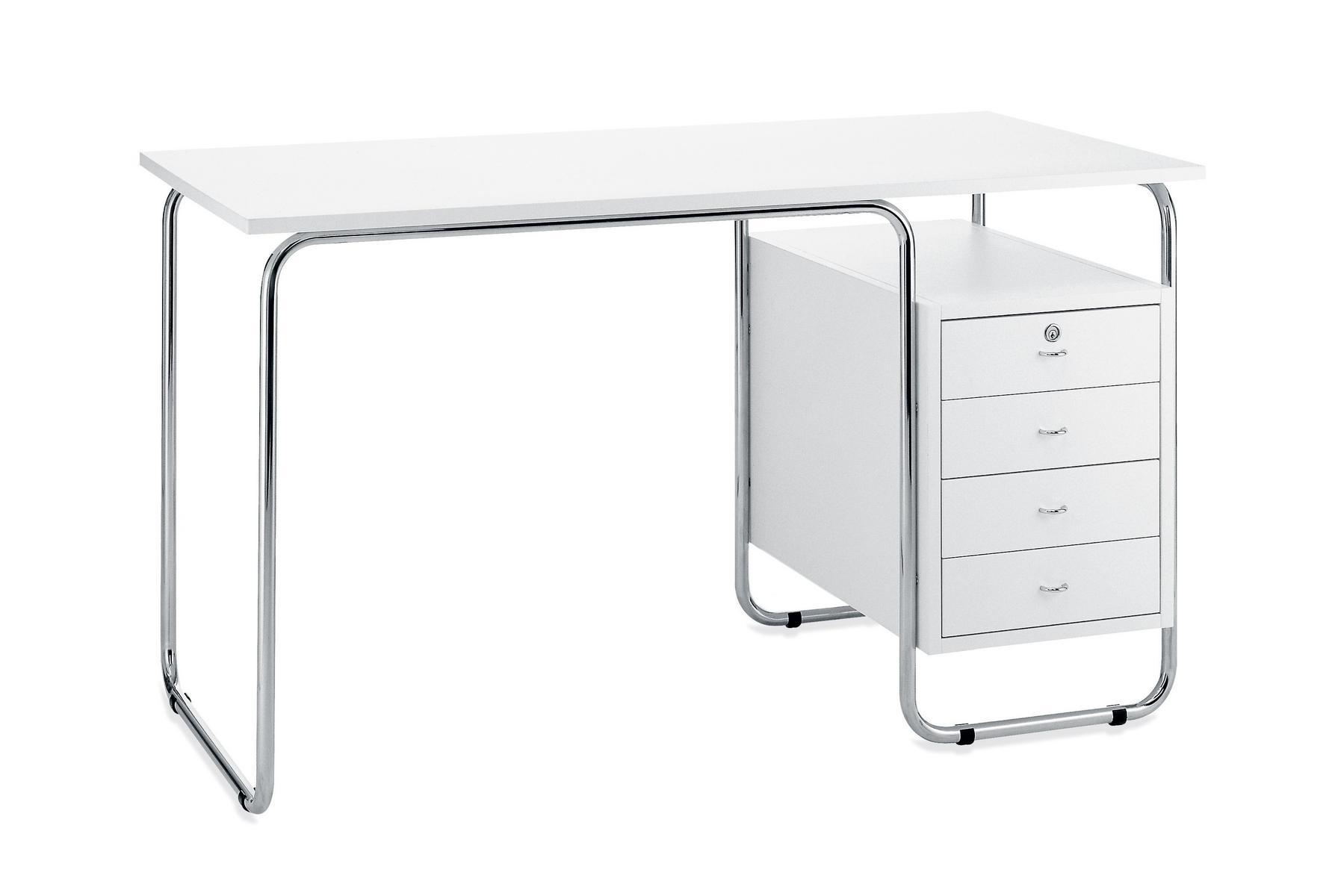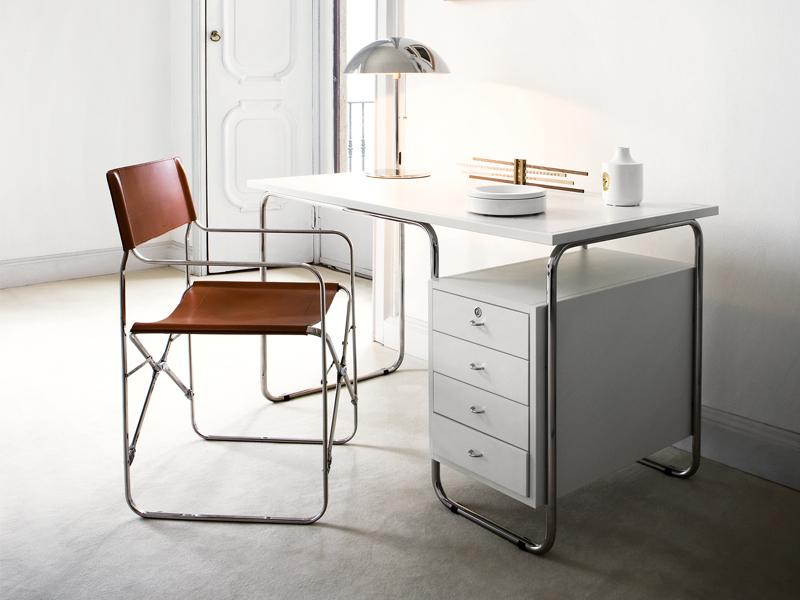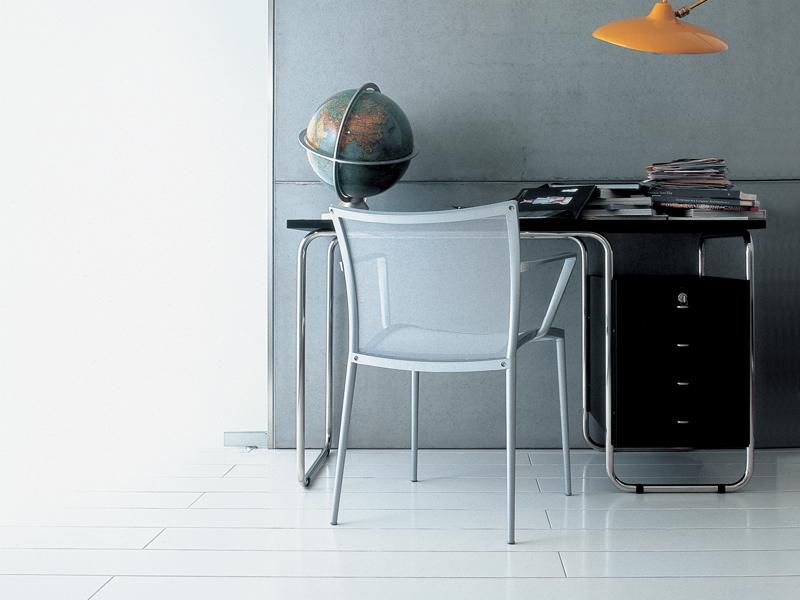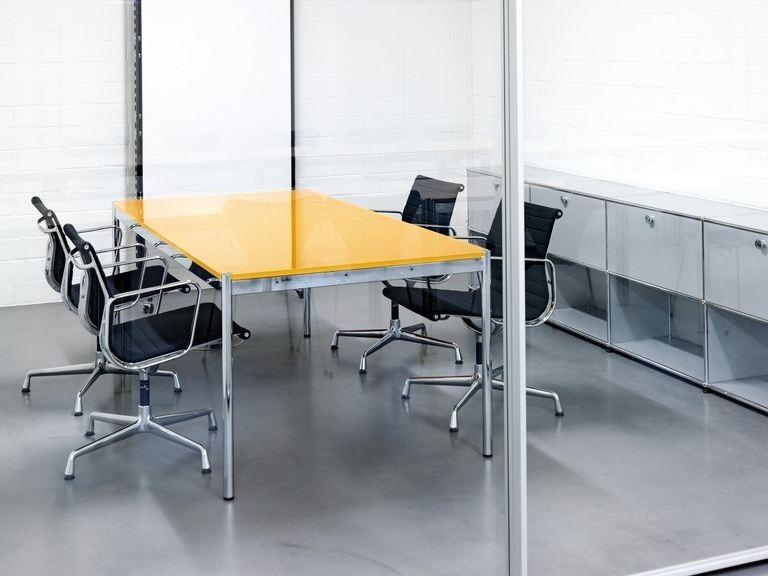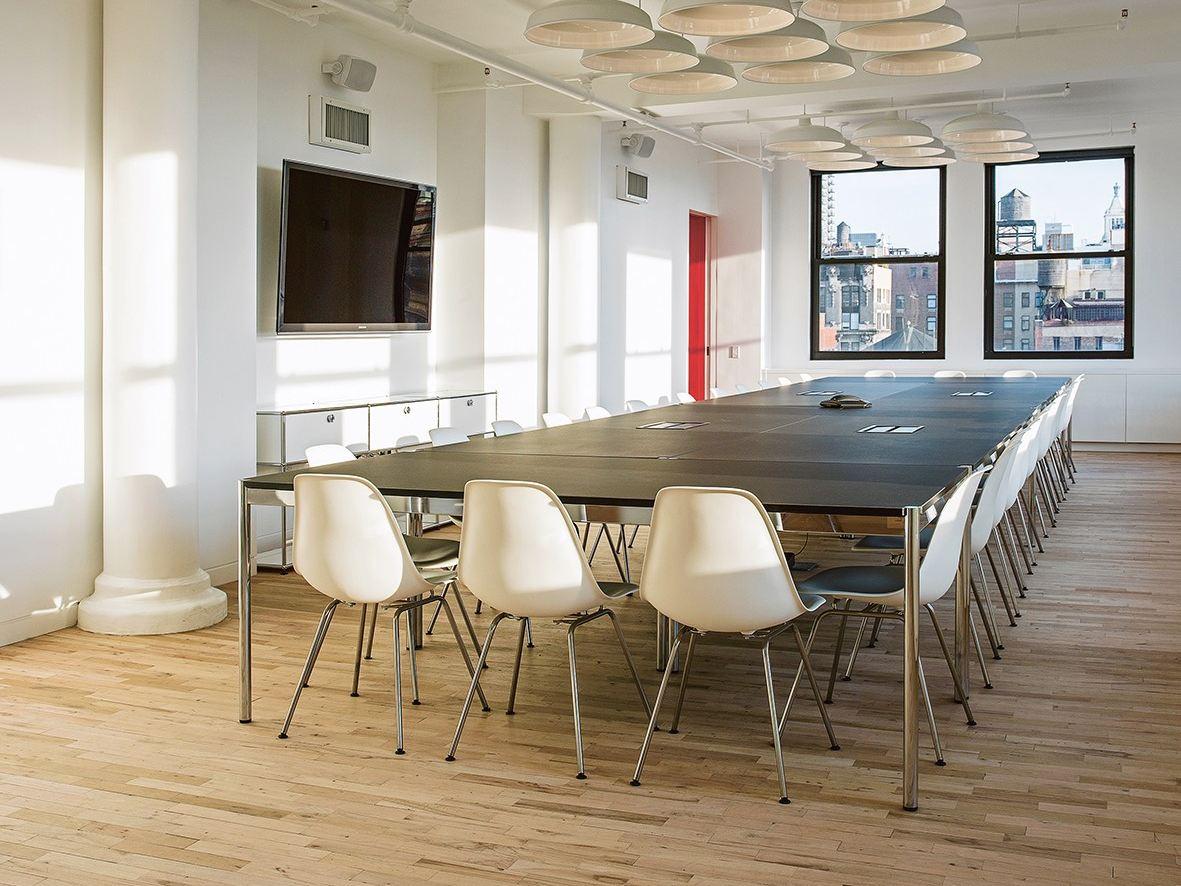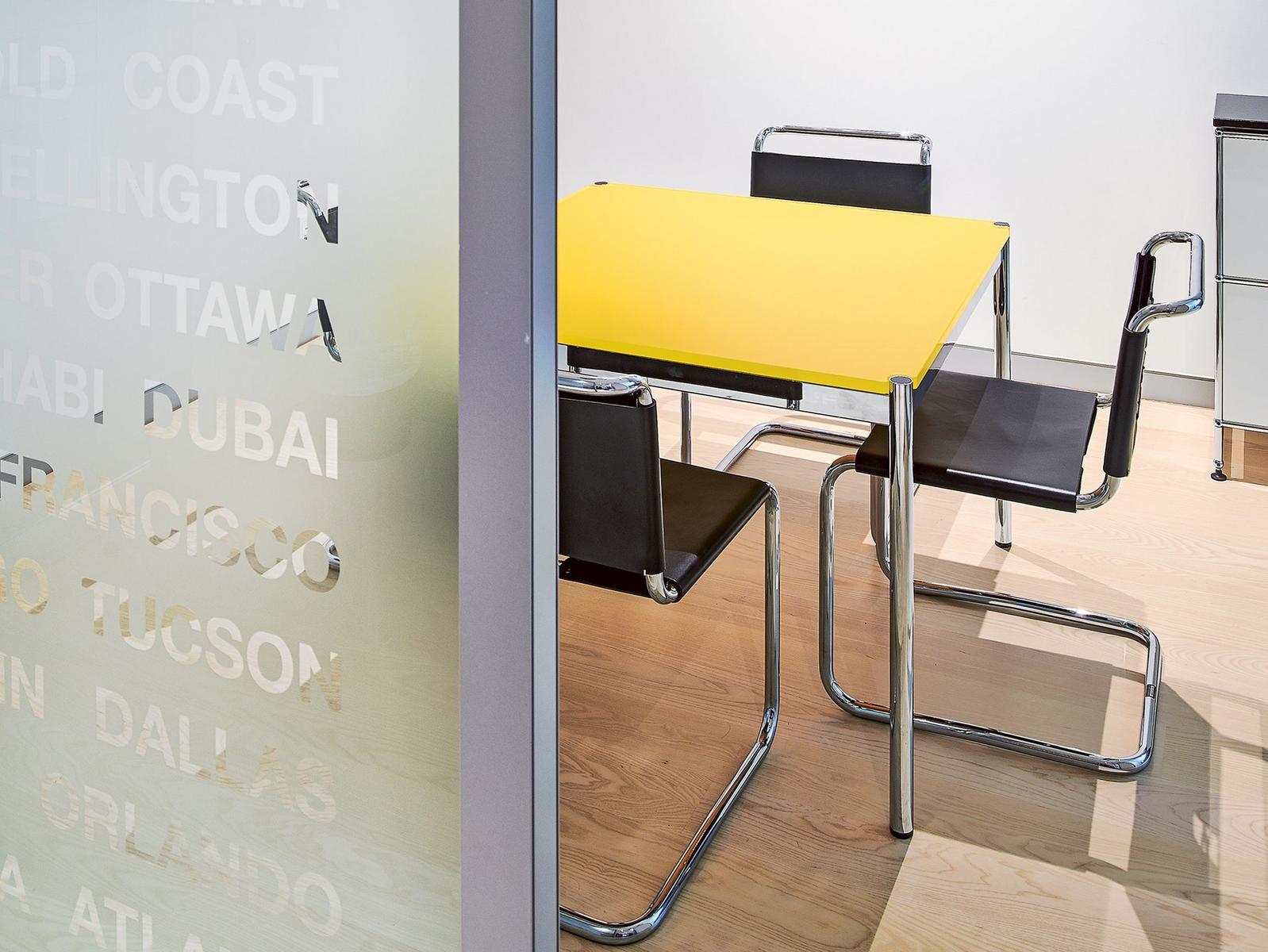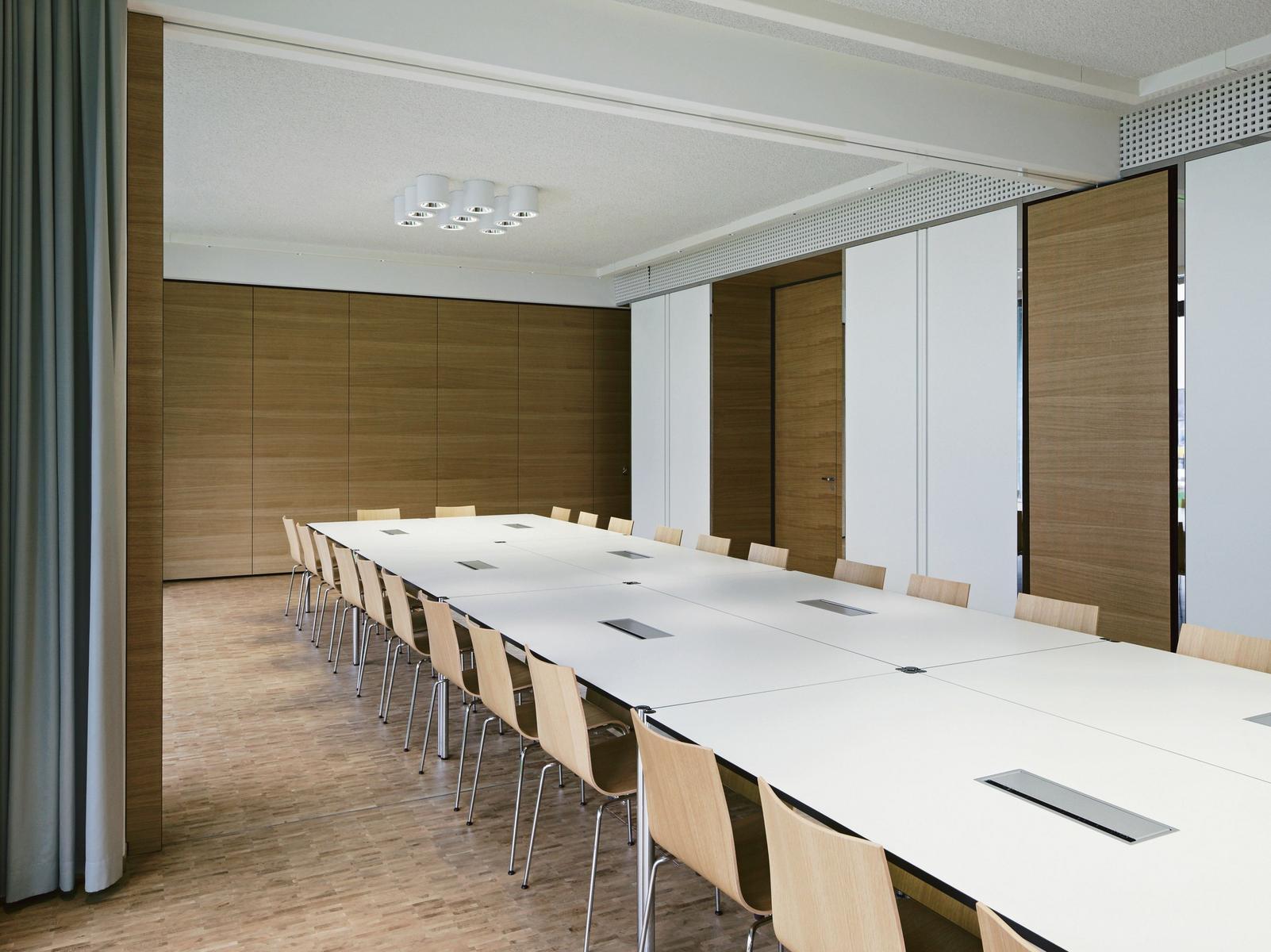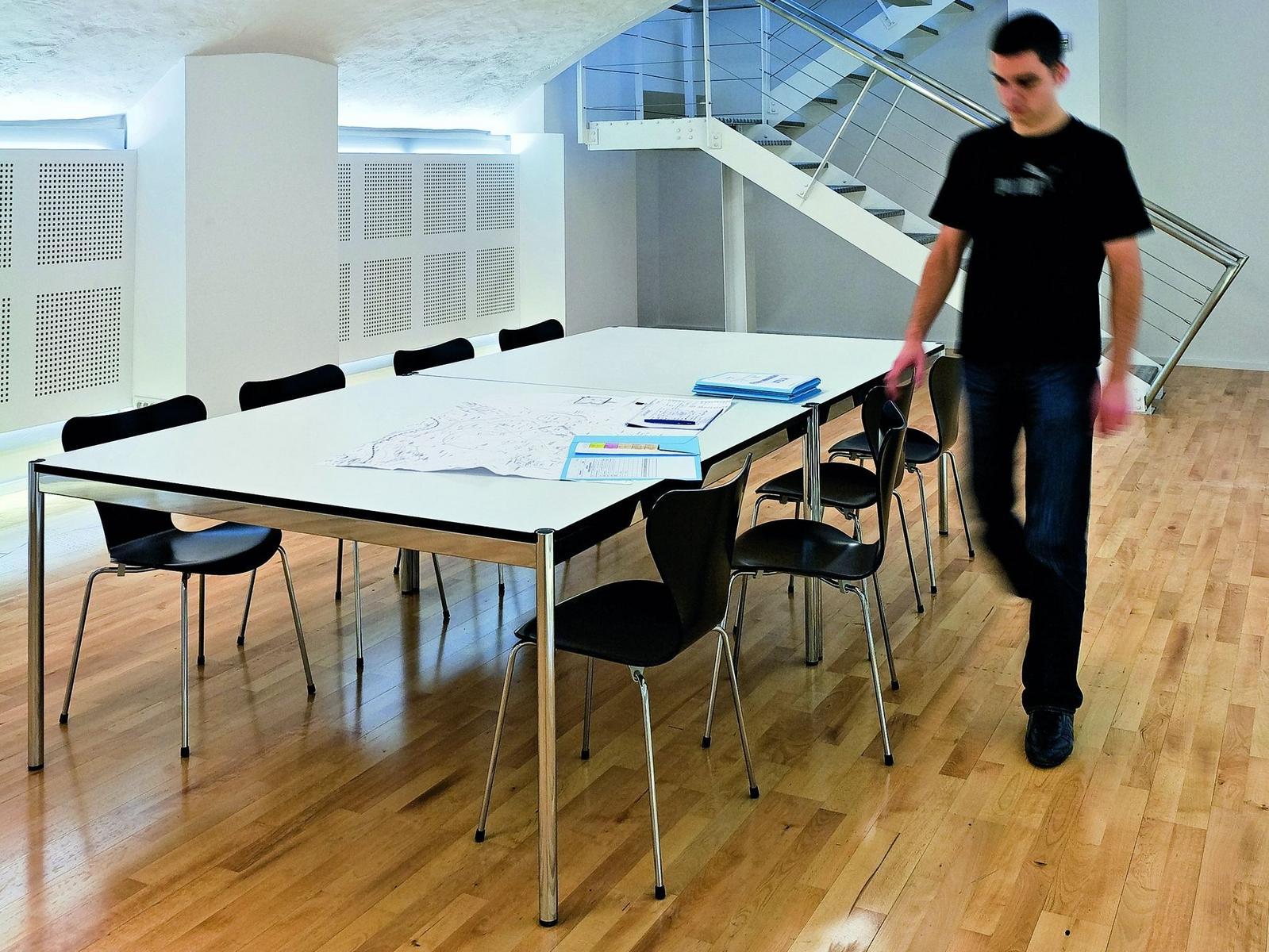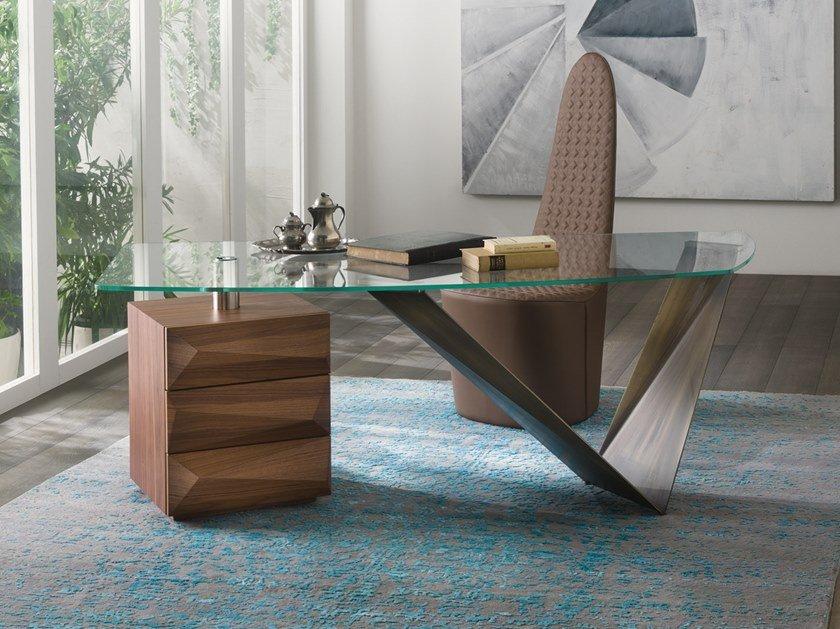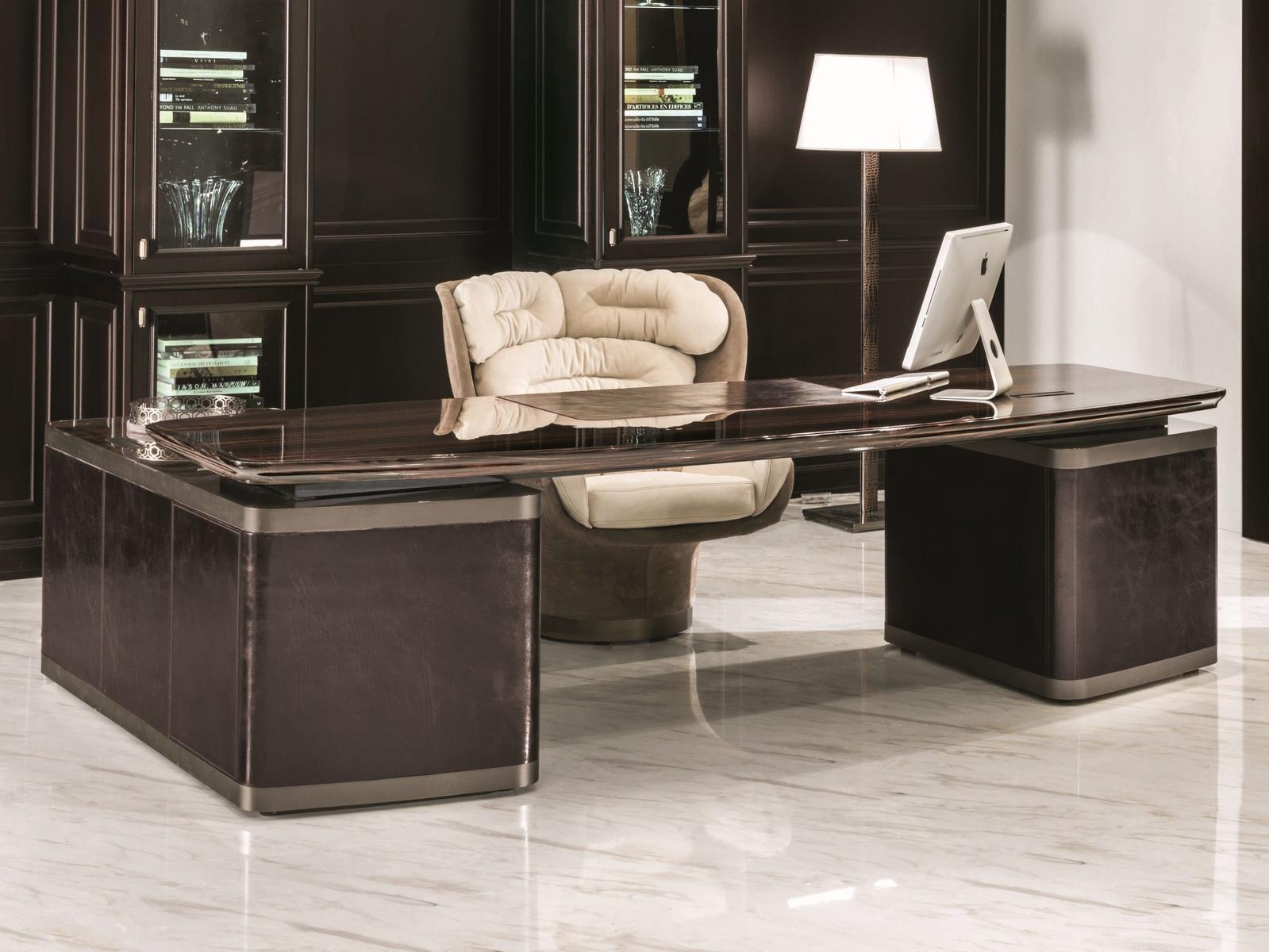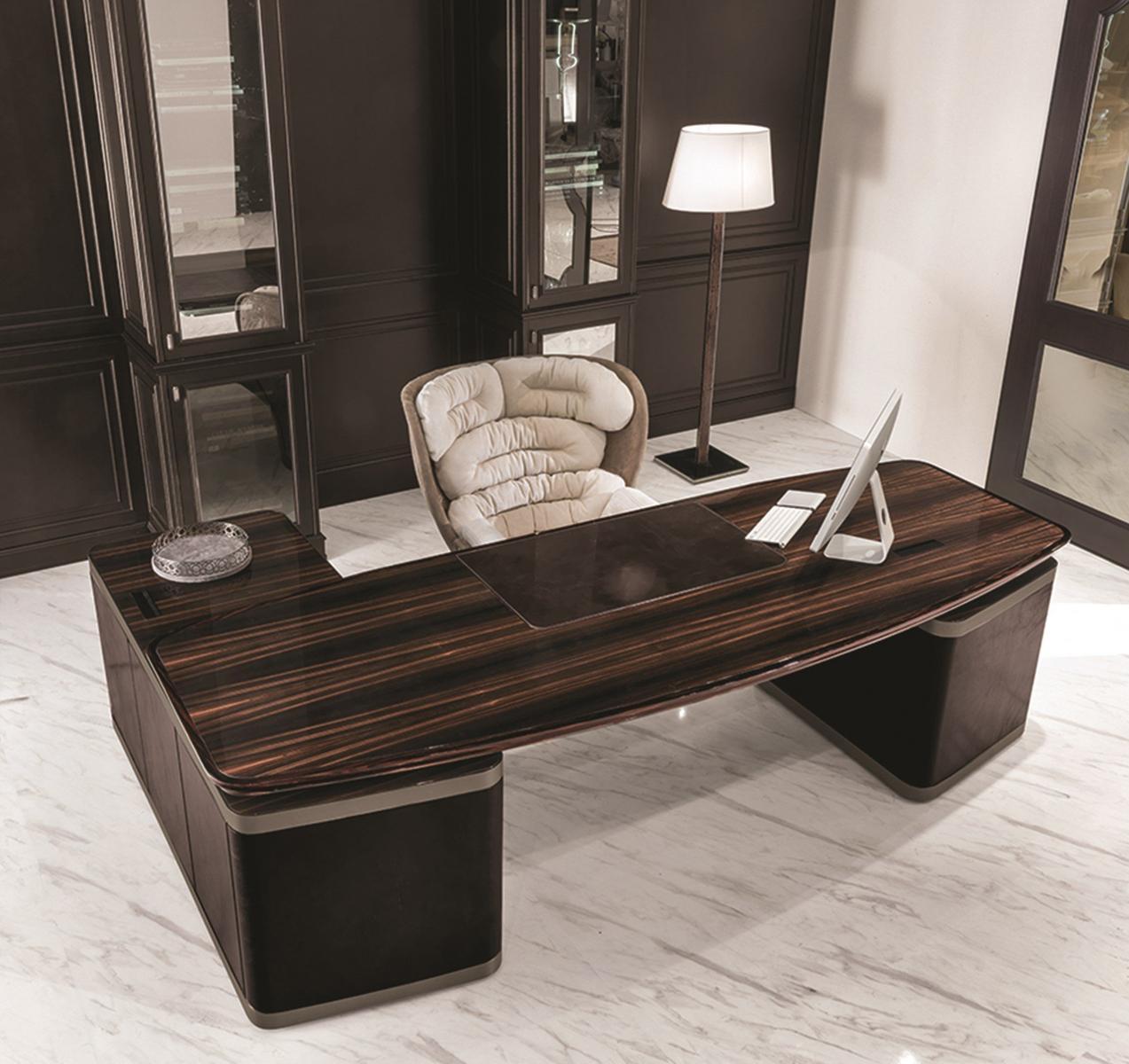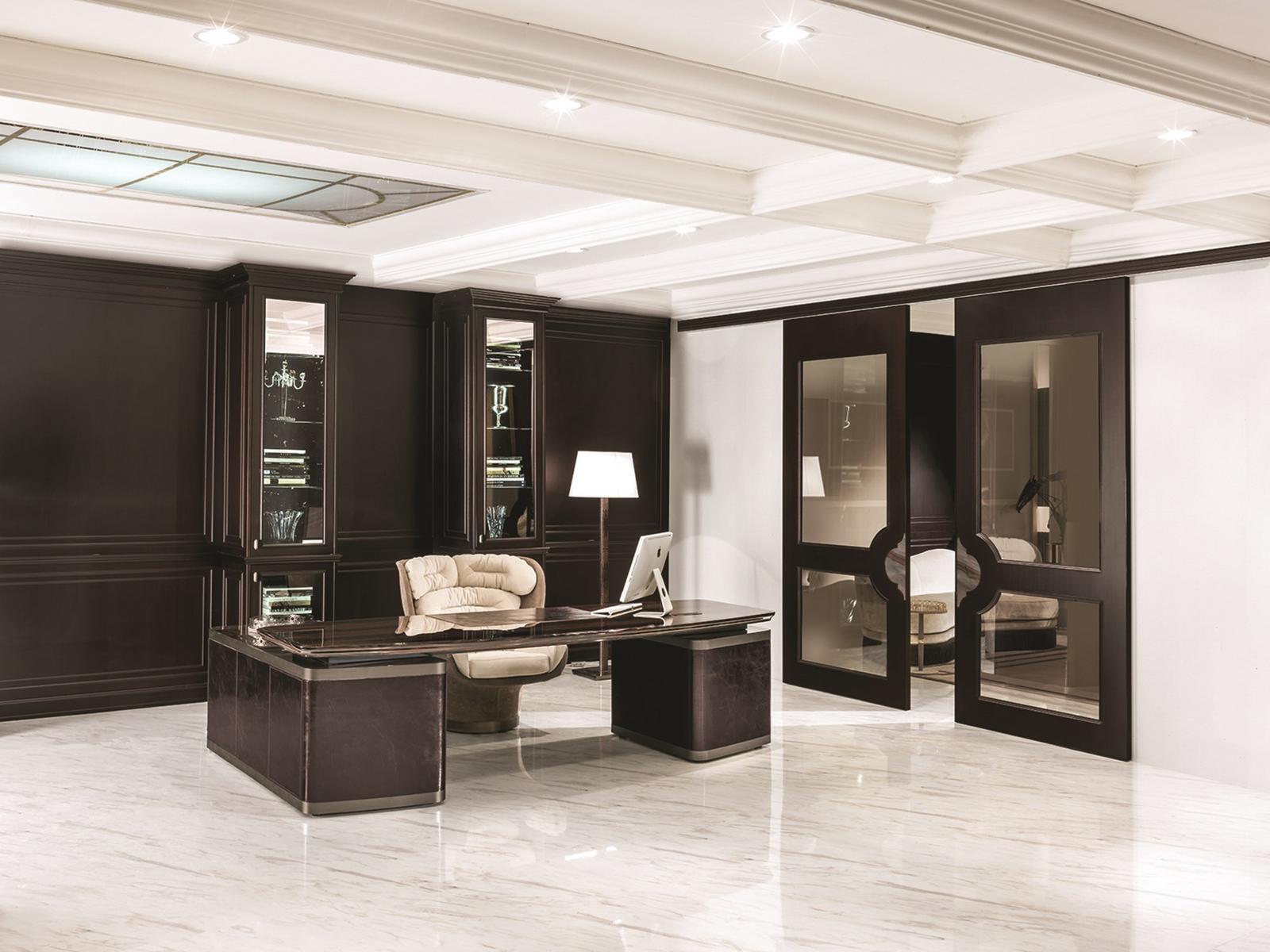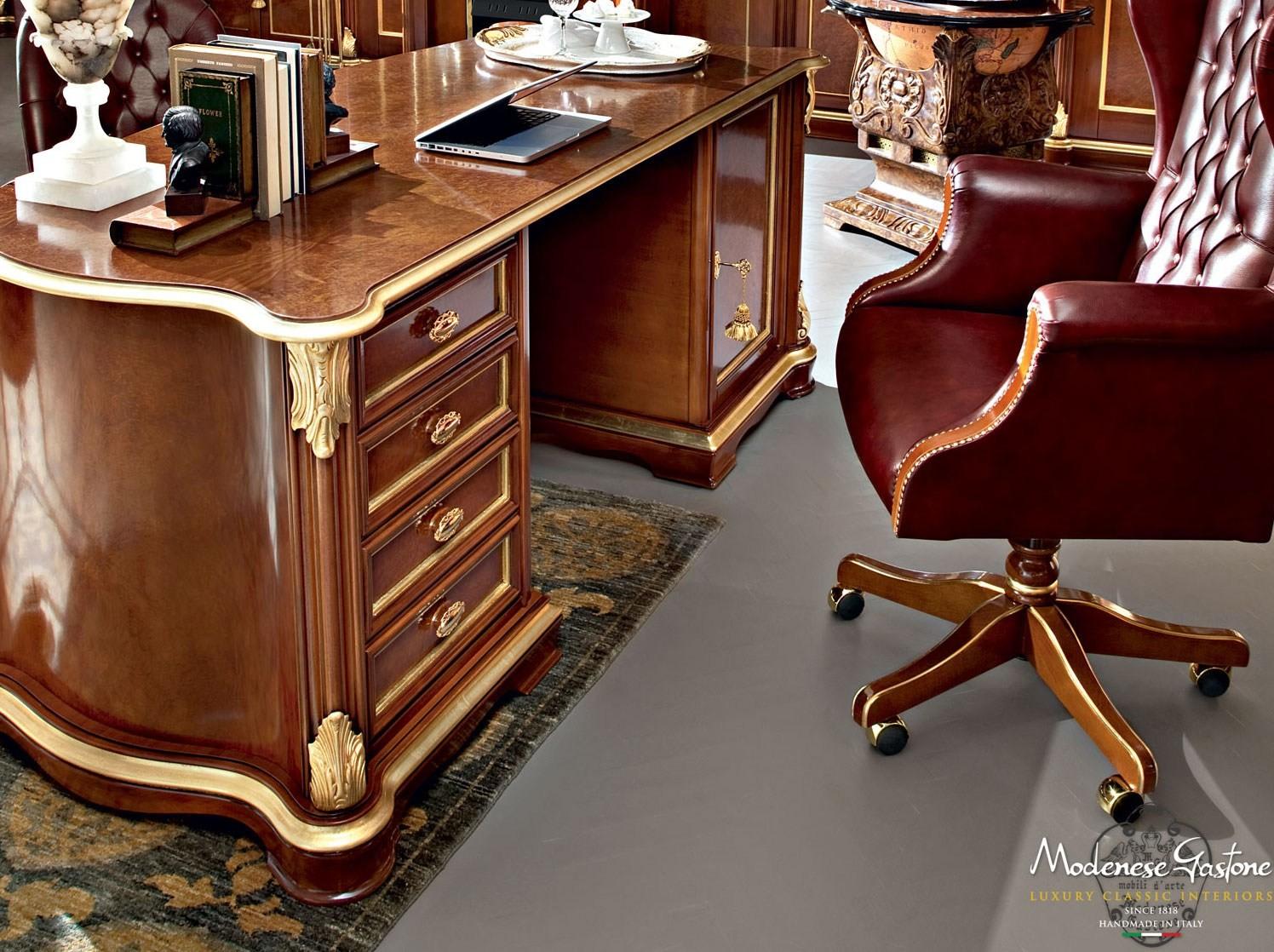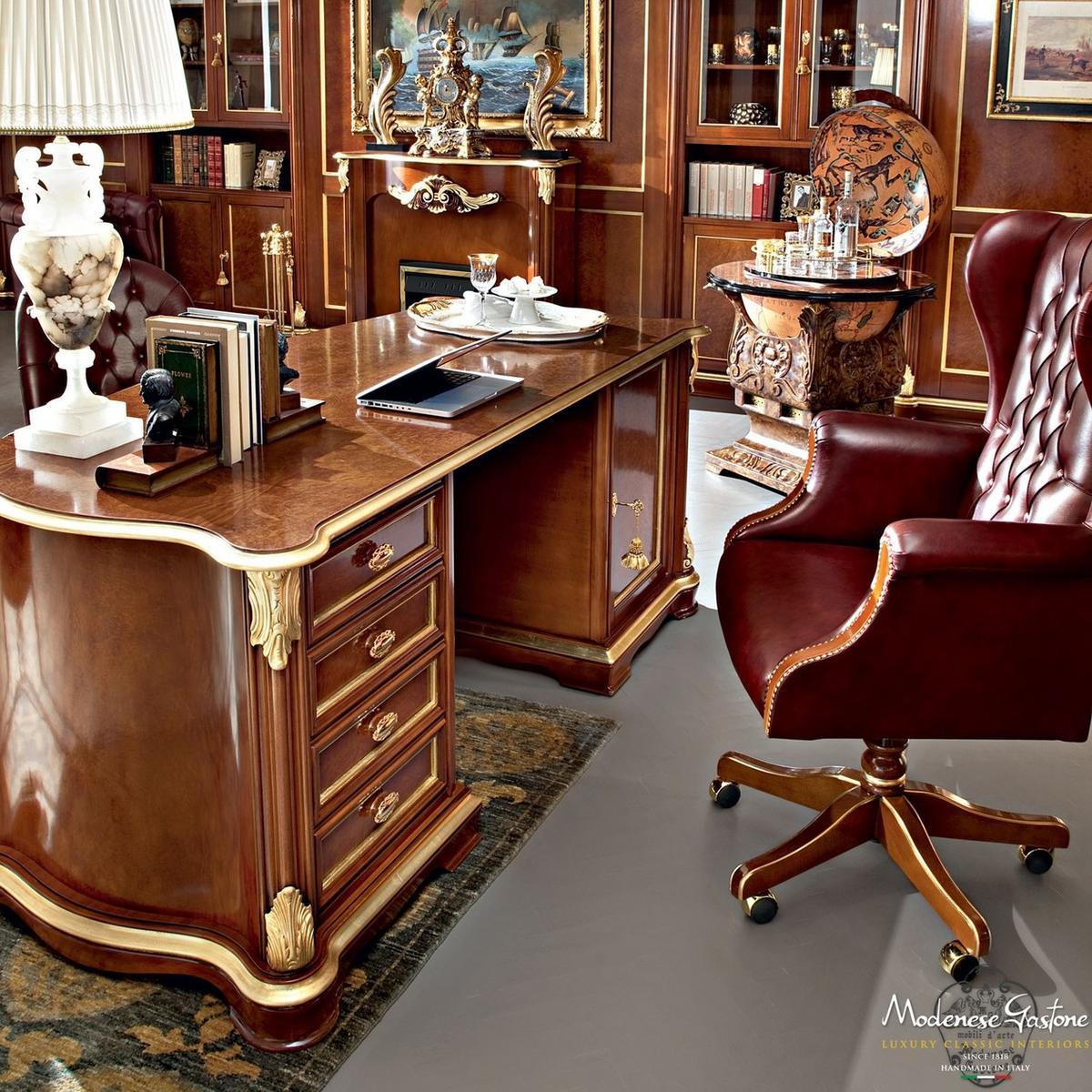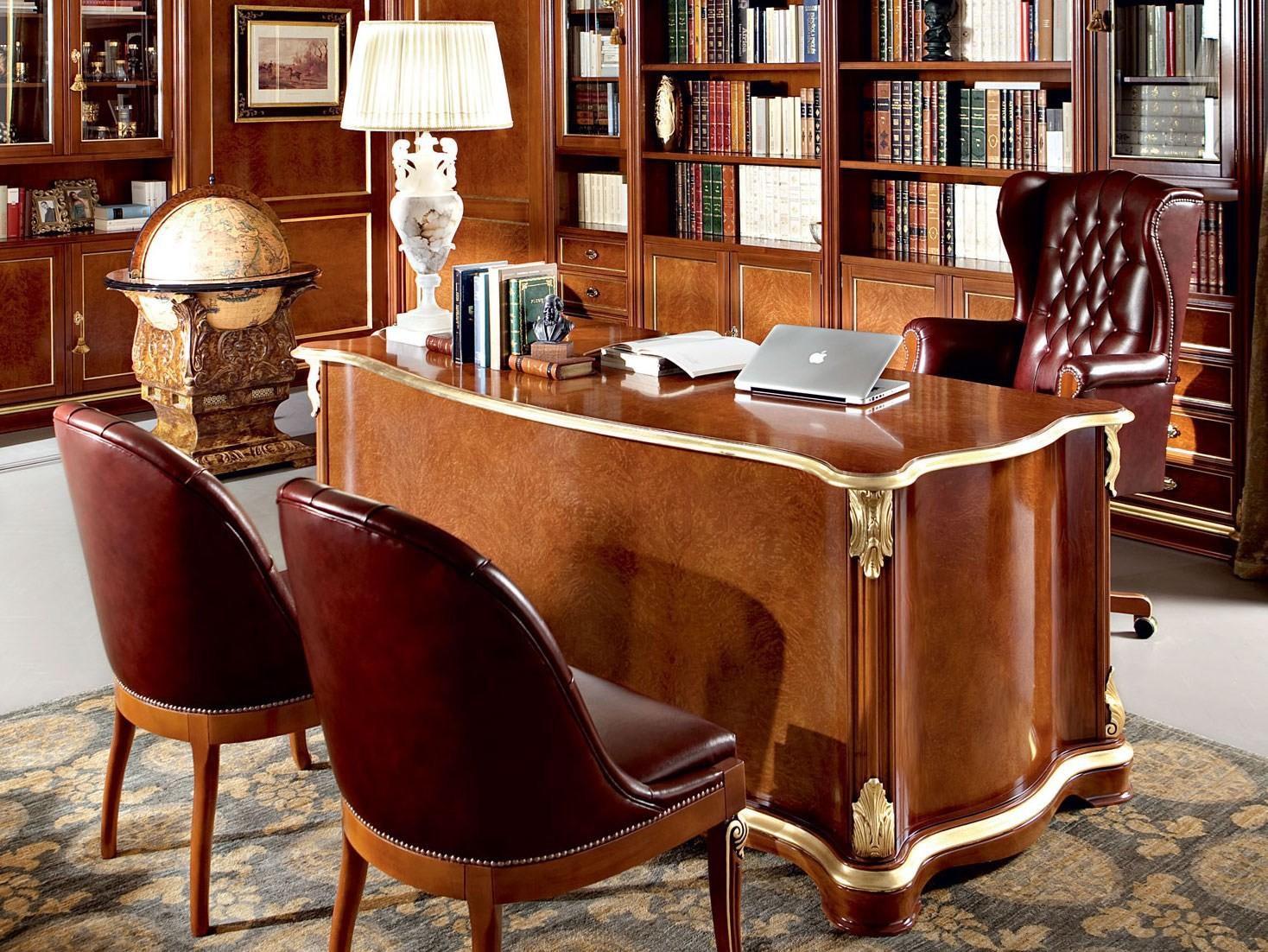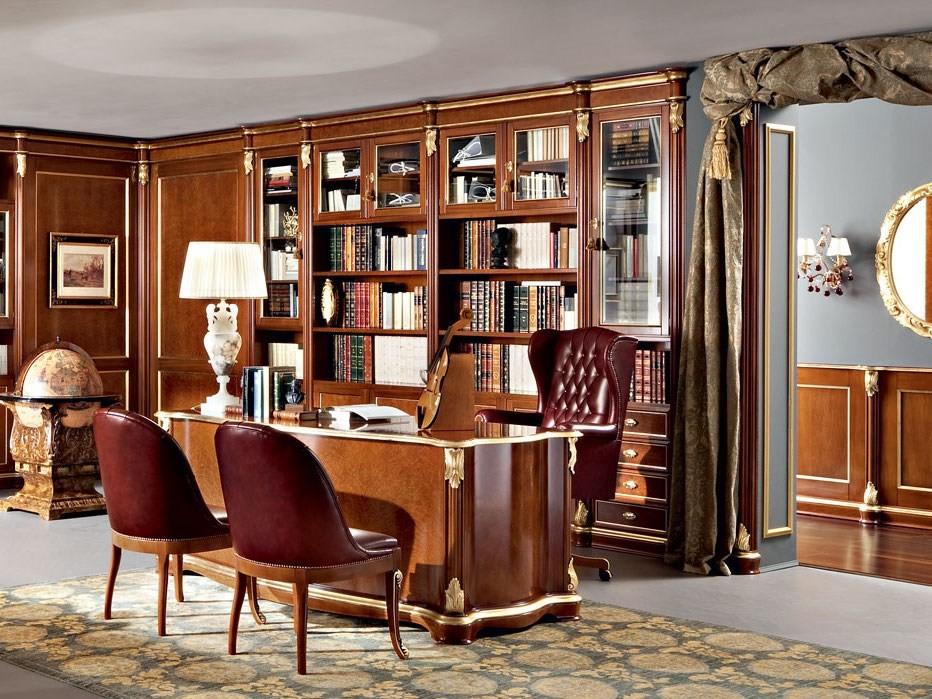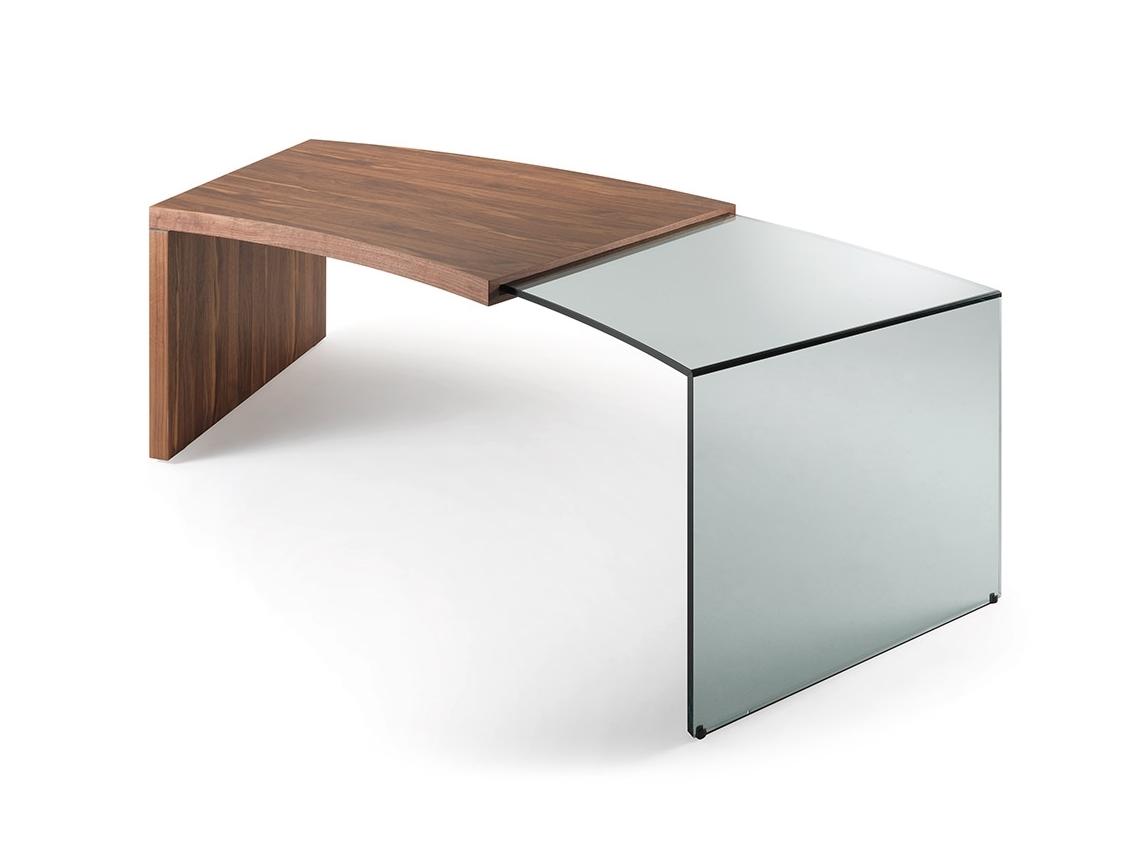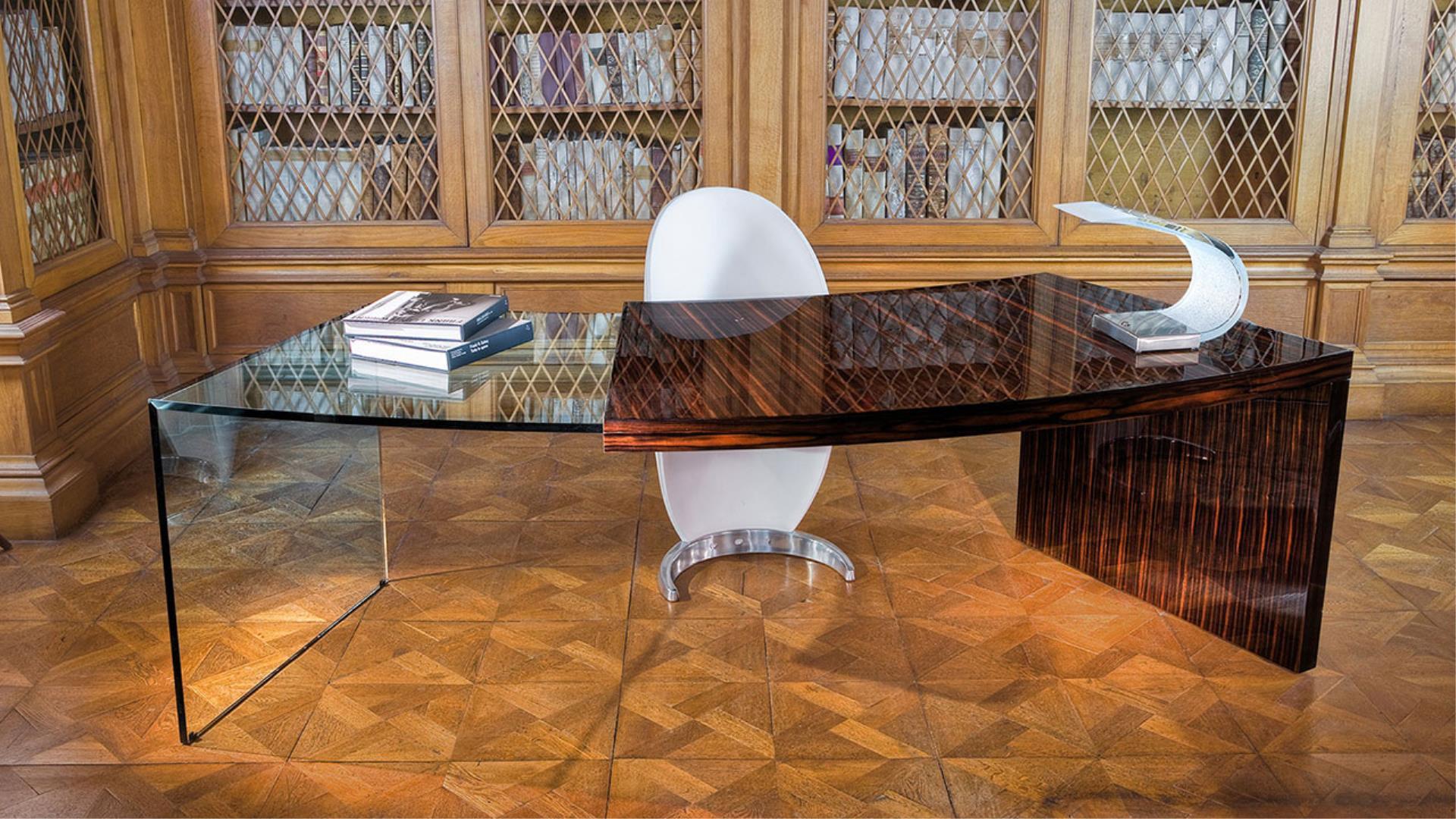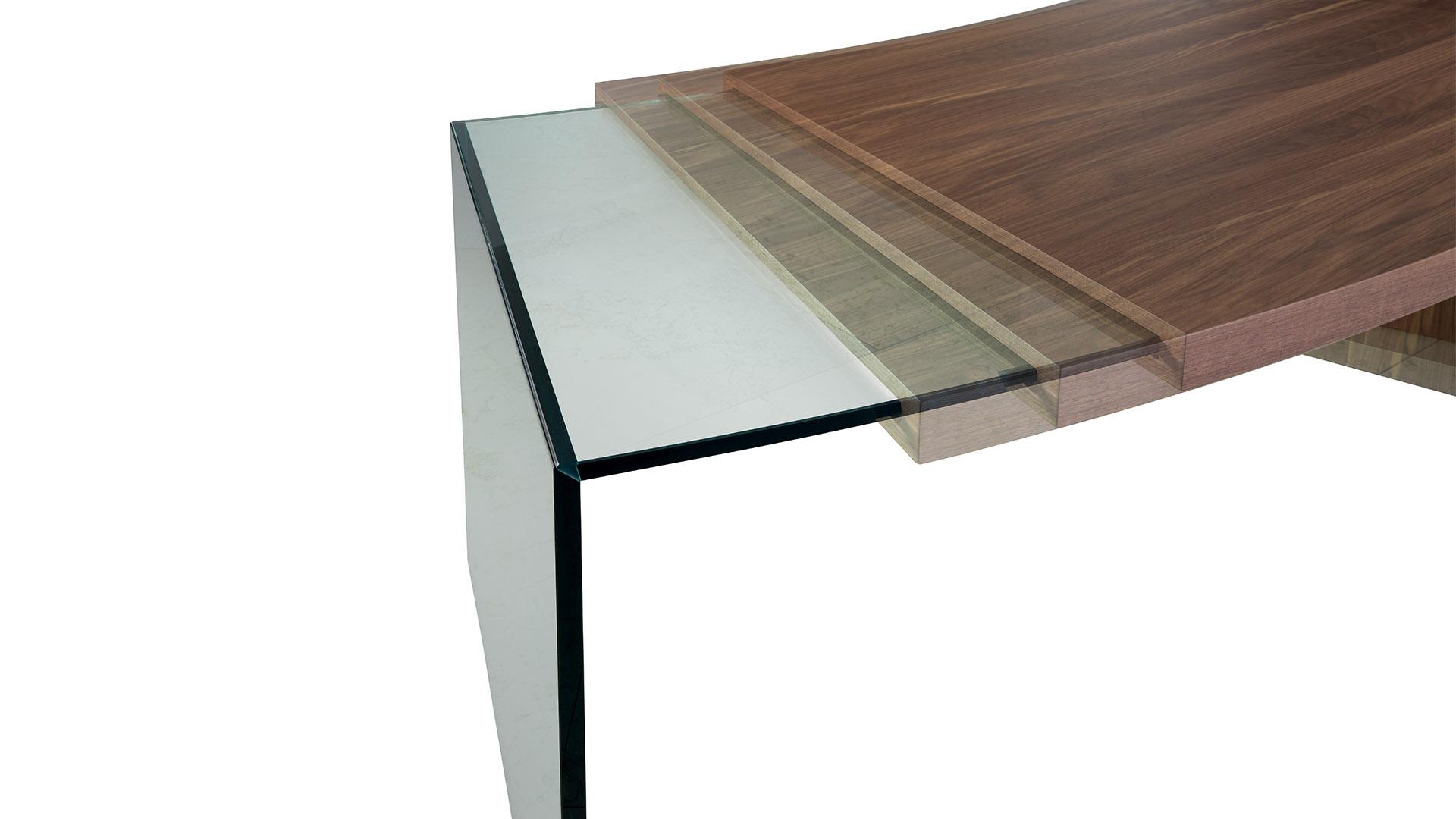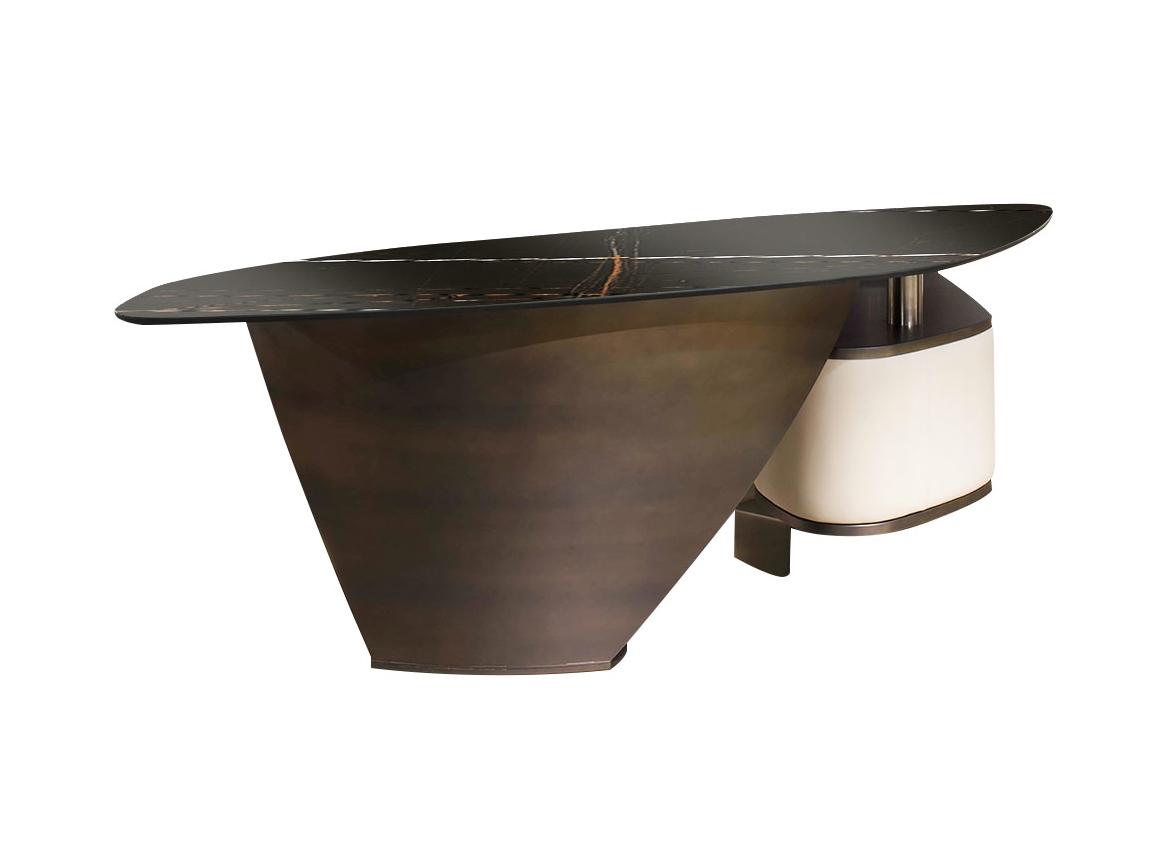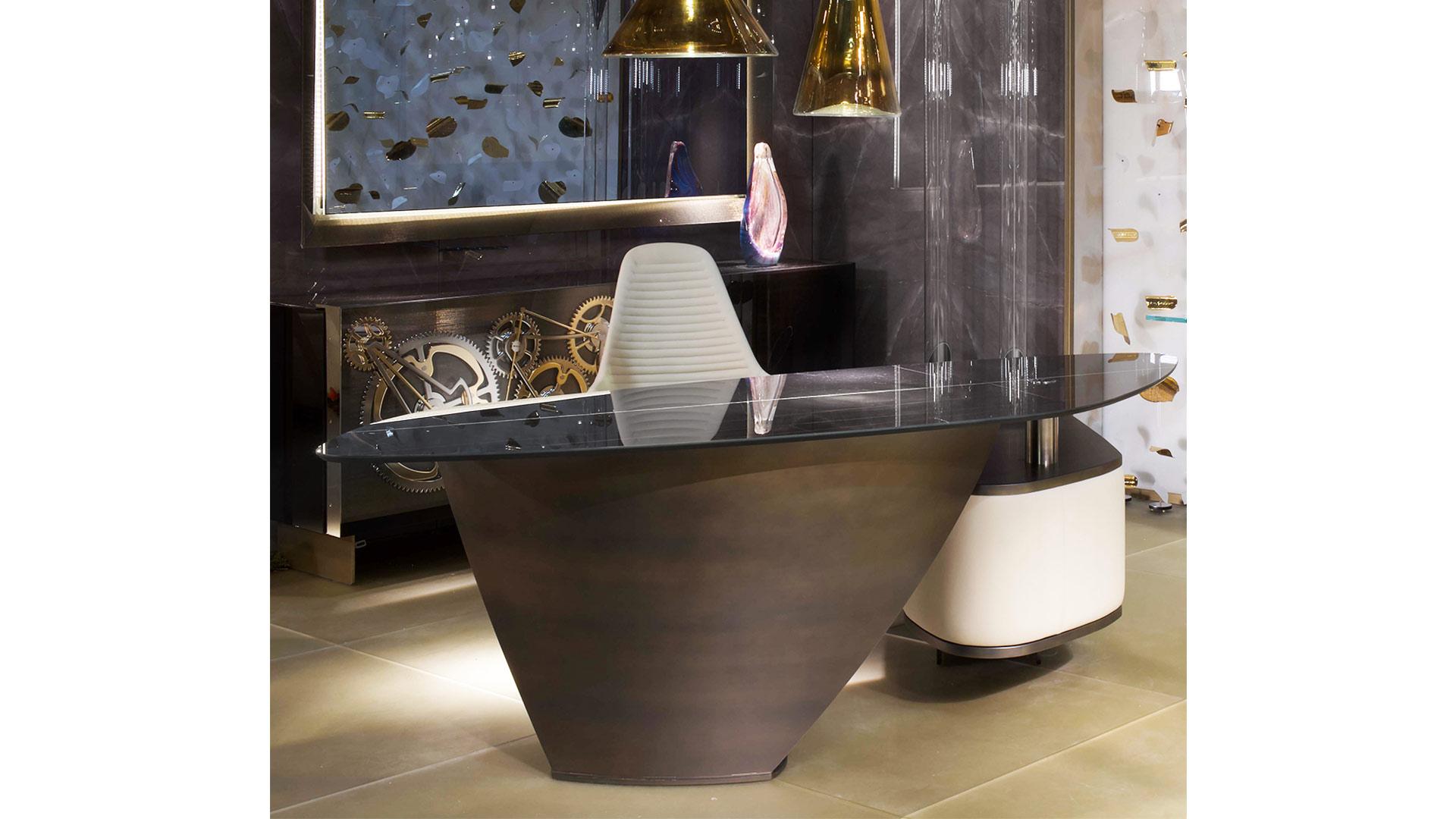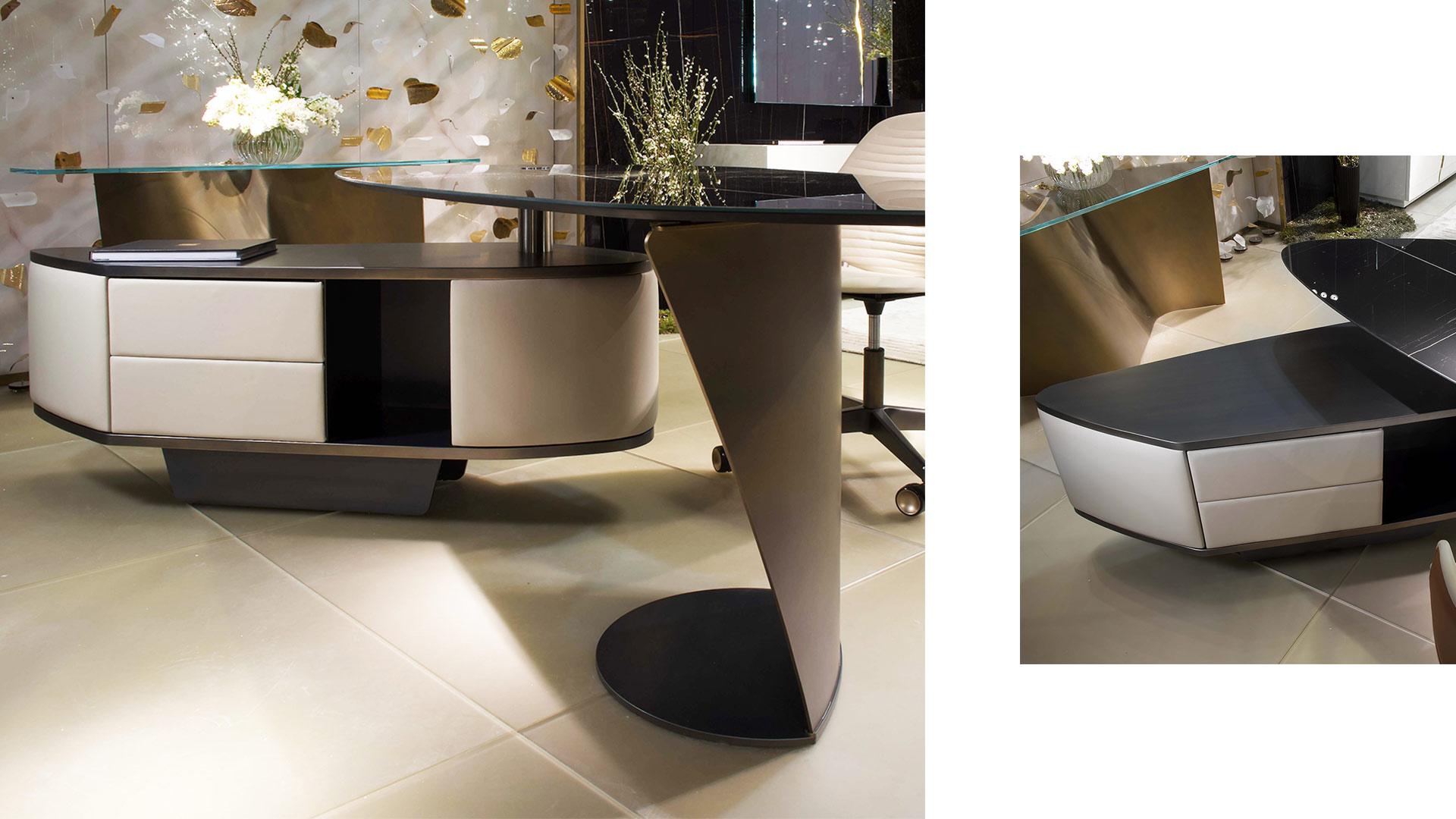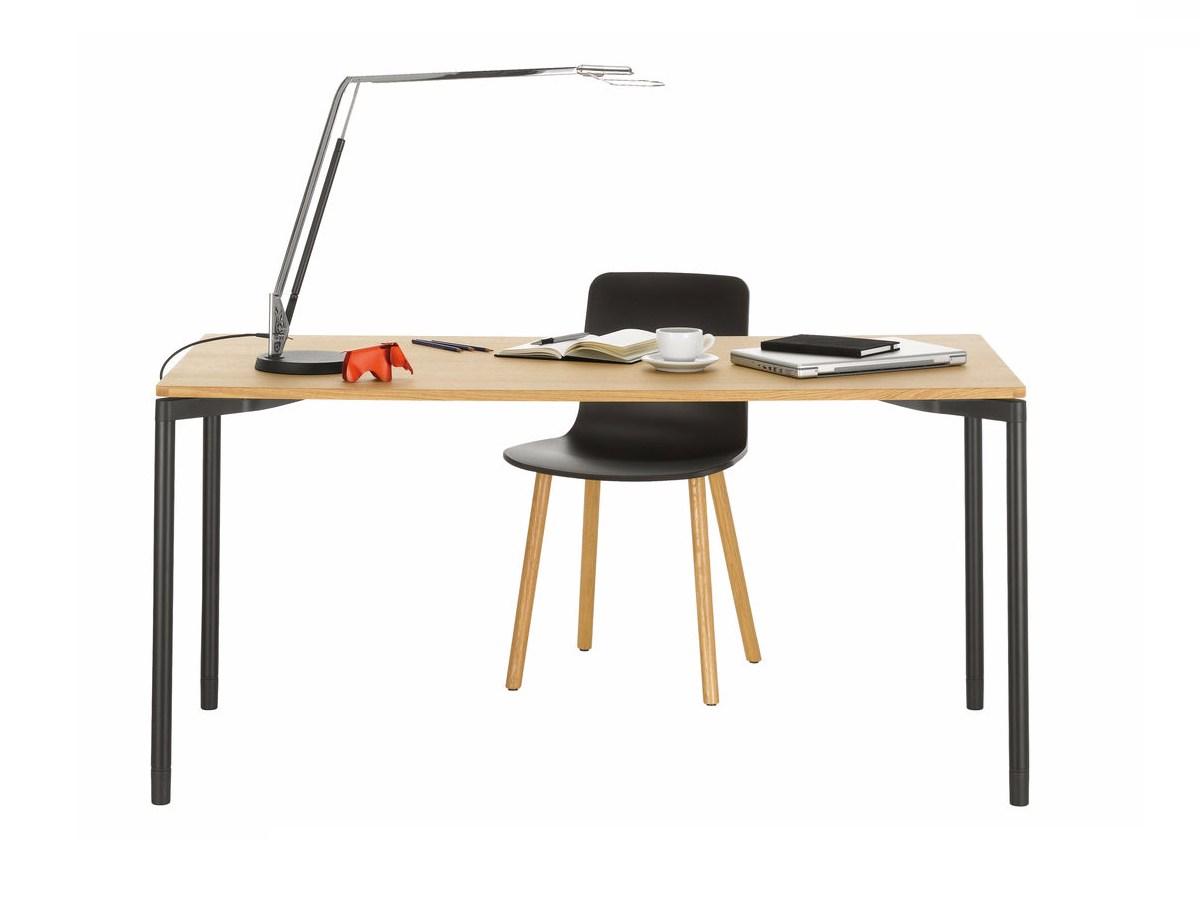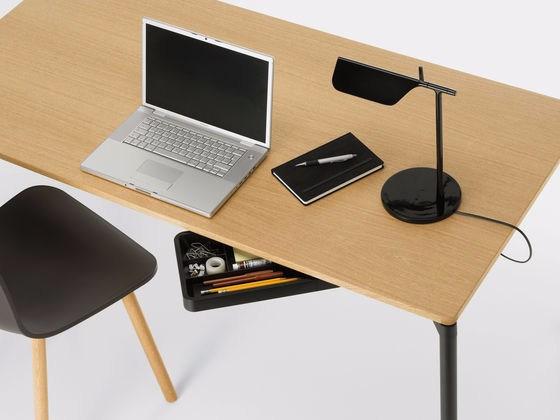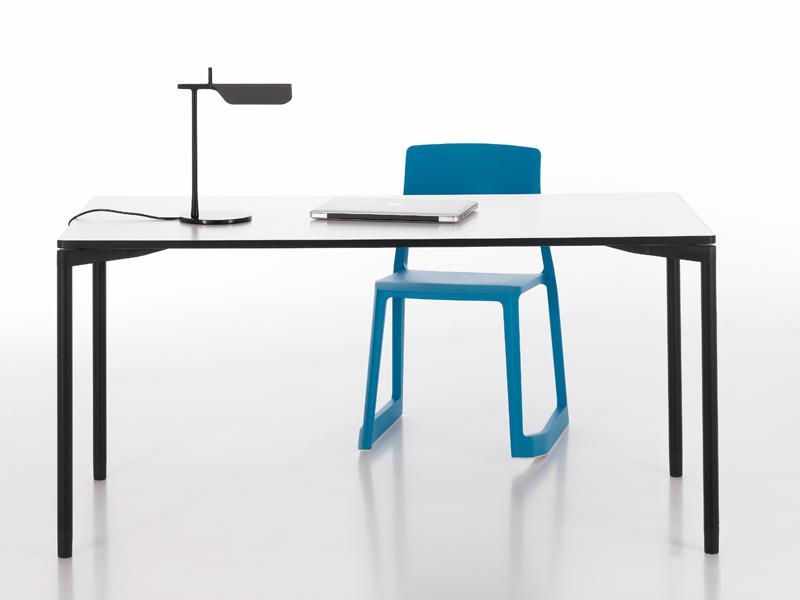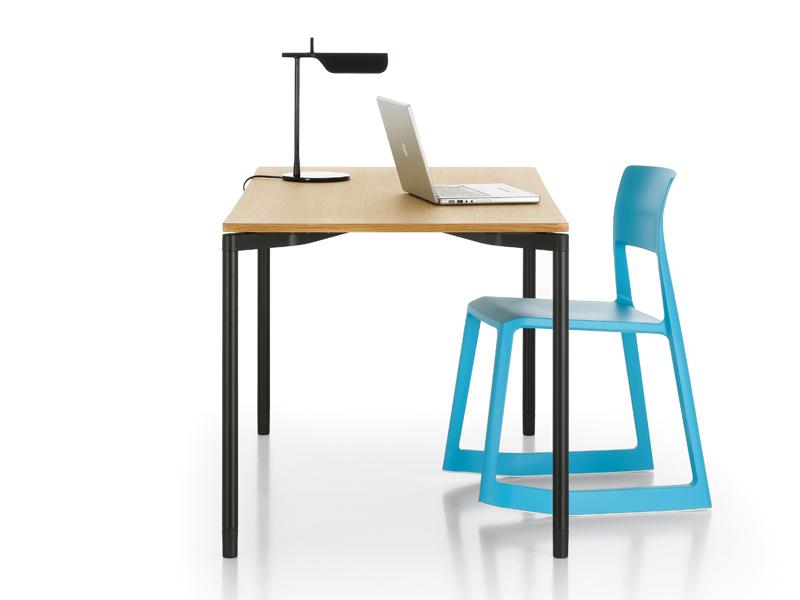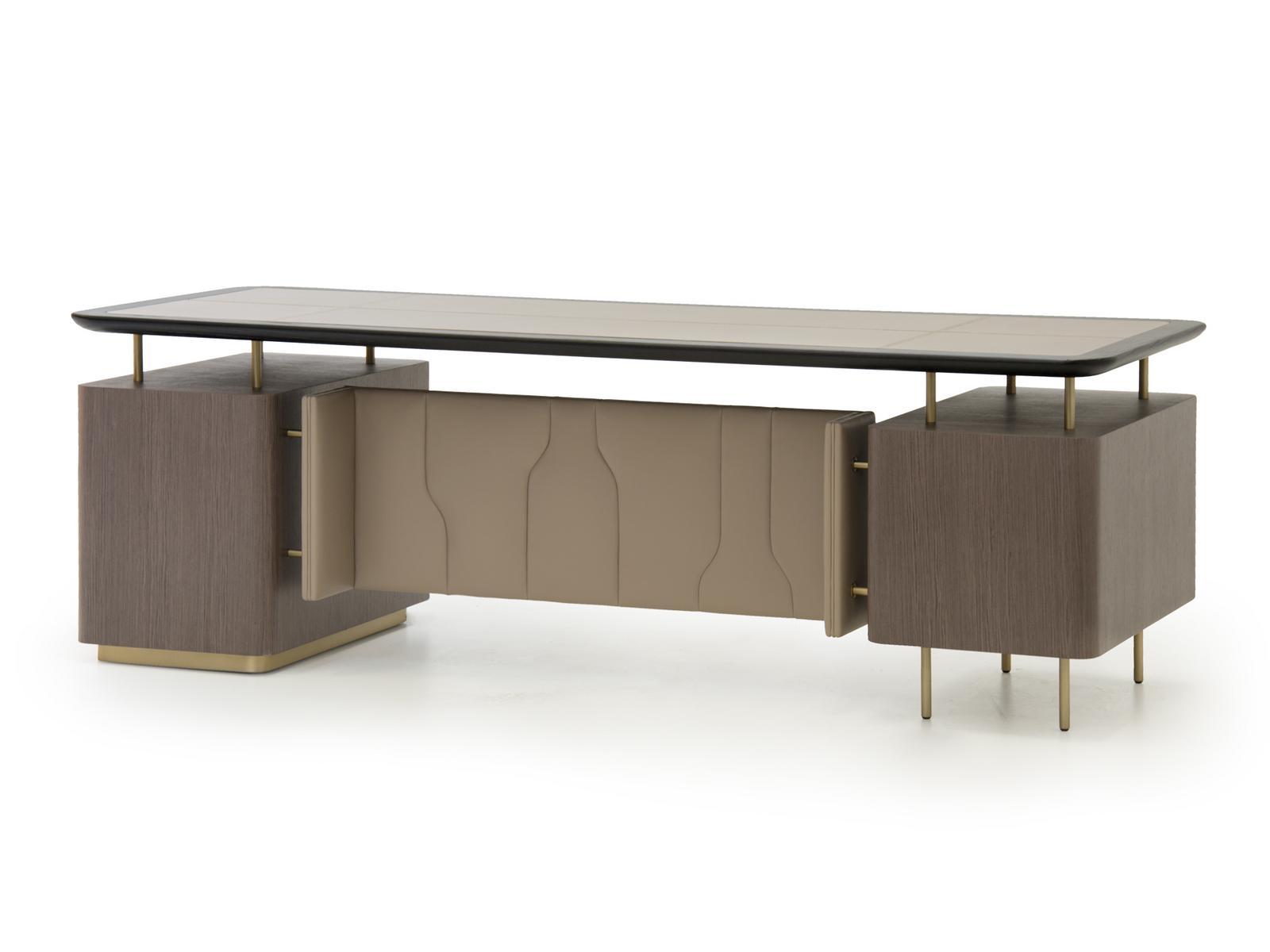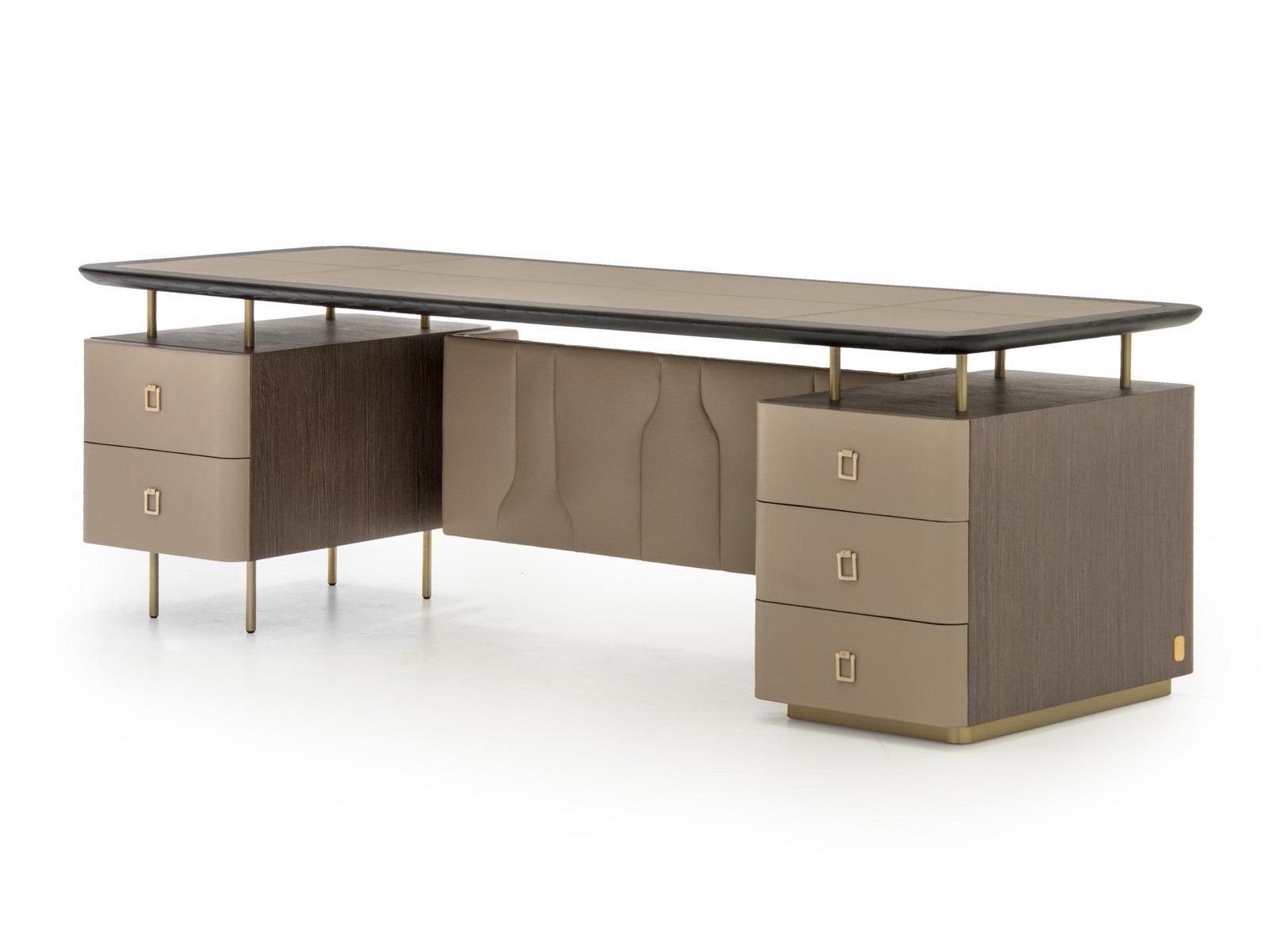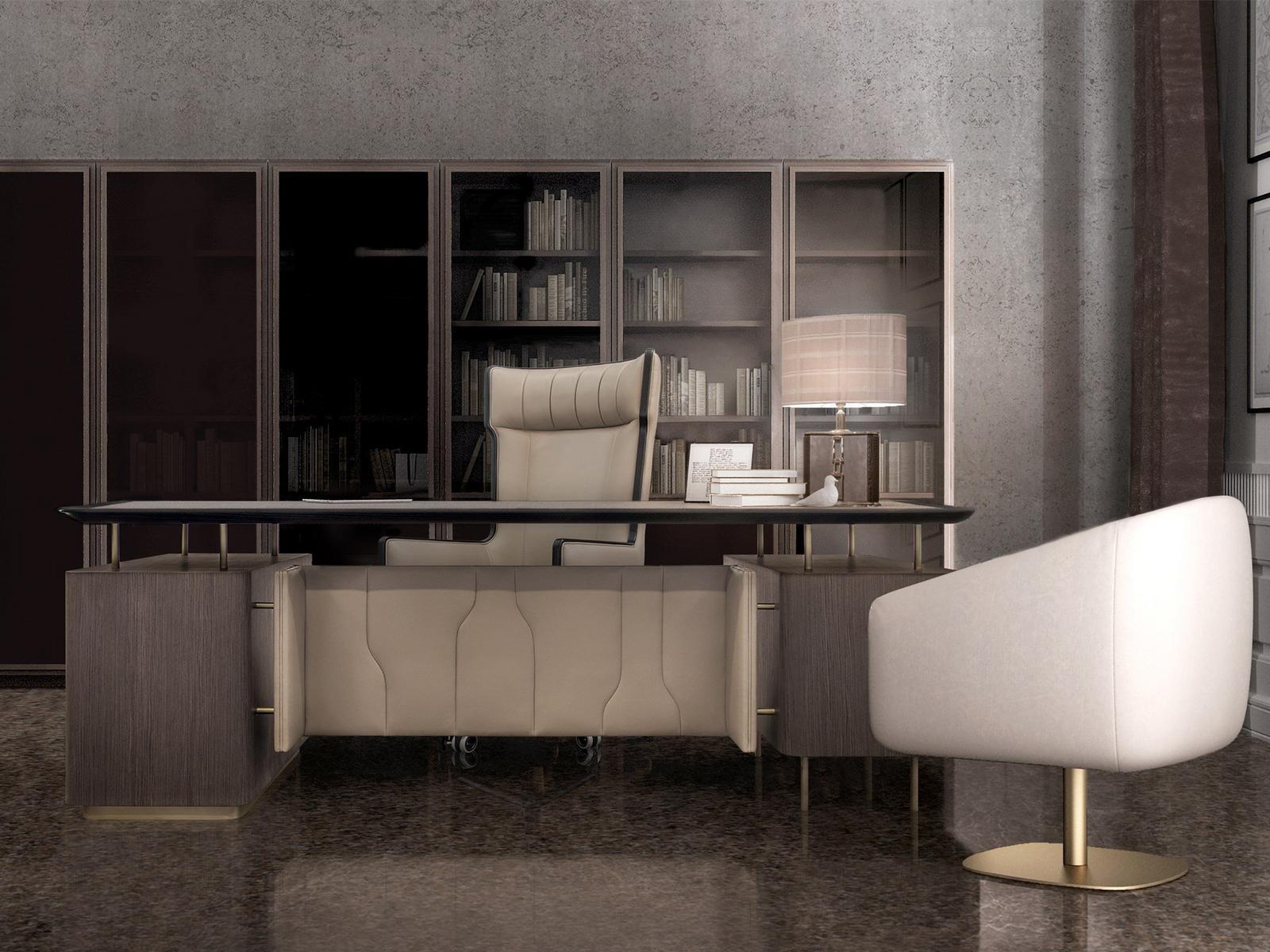Everything You Need to Know About Office Desks
An office desk is the centerpiece of any workspace, providing a dedicated area for tasks such as writing, organizing, computer work, and creative projects. Available in numerous sizes, shapes, and styles, an office desk typically features a flat surface supported by legs or a frame, with options for drawers, shelves, or other storage. Modern designs often include ergonomic features like adjustable heights and angles to support a healthy posture. Many desks also come with built-in electrical outlets and charging stations, making it simple to keep electronic devices powered. Understanding the various features and options can help you select an office desk that enhances your productivity and comfort.
Who Can Benefit from an Office Desk?
The versatility of office desks extends beyond the traditional office setting. As remote work and the gig economy grow, more individuals need a reliable workspace at home. Home office desks are perfect for working, studying, or hobbies. They are also common in schools and libraries, providing students with efficient workspaces. In healthcare environments, such as hospitals and clinics, office desks are essential for handling paperwork and computer tasks. Creative professionals, including artists and musicians, use office desks as spaces for drawing, drafting, and recording. Office desks are indispensable across various fields, helping professionals, students, and creatives stay organized and productive.
From Wood to Glass: Materials for Office Desks
The material of an office desk significantly influences its style and functionality. Traditional wood desks remain popular for their classic appeal and versatility, available in various wood types and finishes. Glass desks offer a sleek, modern look and are easy to clean, making them ideal for commercial offices, though they may feel impersonal in a home office. Metal desks provide a contemporary and durable option, often used for frames and legs but sometimes for entire tables. Laminate and melamine desks are durable, affordable, and available in many colors and patterns, making them suitable for public spaces like schools and libraries. Leather, though luxurious and sophisticated, is mainly reserved for executive desks and chairs.
The Checklist for Finding Your Office Desk
Choosing the perfect office desk can be daunting, but considering these key factors can help. First, assess the desk size based on your workspace and needs. Larger desks accommodate multiple monitors and documents, while smaller desks fit compact areas. Next, decide on the desk shape—rectangular and L-shaped desks are popular for their functionality, while corner desks save space. Materials are also crucial; wooden desks offer durability and aesthetic variety, glass desks are easy to maintain and visually enlarge space, and metal desks are sleek and sturdy. Lastly, consider storage needs. Desks with drawers or shelves help keep your workspace organized, while minimalist desks create an open, uncluttered look.
Office Desks That You'll Love
For a minimalist, timeless design that suits various interiors, consider the rectangular wood veneer writing desk "Map" by Vitra. With options in light or dark oak veneer finishes, it features a practical work surface and a cable belt for organizing power and data cables, making it ideal for home offices. If versatility is key, the "Ad Hoc Solitaires" workstation by Antonio Citterio offers modular desks with electrical outlets and different configuration options, suitable for office and meeting environments. For a sophisticated meeting table, the "Eames Tables" by Charles and Ray Eames, available in various sizes and finishes, adds elegance to any space with its white tabletop and black plastic edge or wood veneer options. Vitra provides a range of desks to meet diverse needs and preferences.

